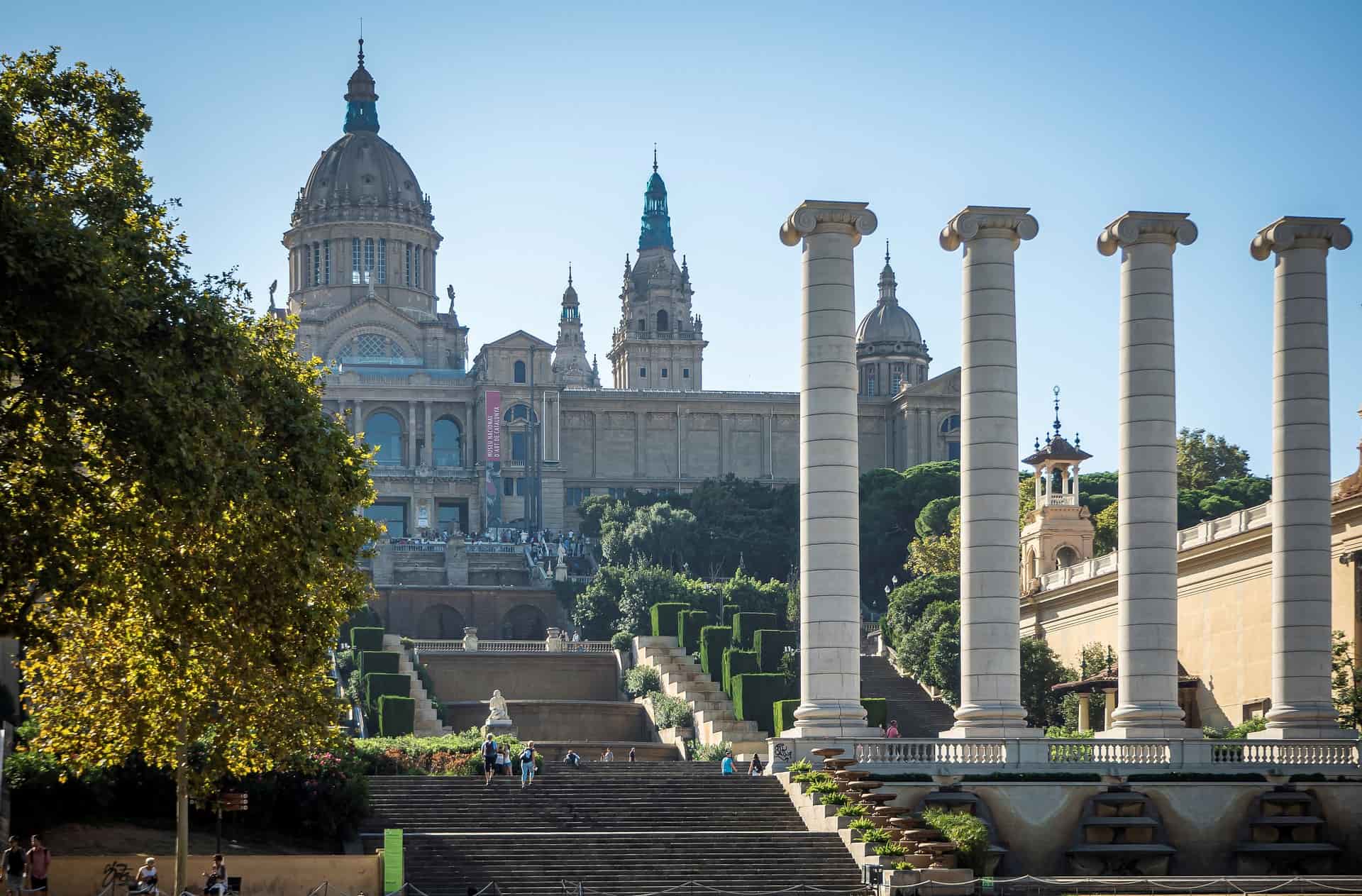Barcelona, Spain
Looking for hotels in Barcelona?
Click Here


Barcelona, Spain
The Spanish city of Barcelona
Barcelona is the second-most populous city in Spain, after Madrid, the EU’s sixth most populous city. Barcelona is a modern city with vibrancy, ranked as the fourth smartest city in Europe, and the fifth-best city in the world in terms of quality of life. its name is usually associated with football, due to FC Barcelona, the second-largest club in the world, which brings fans from all over the world.
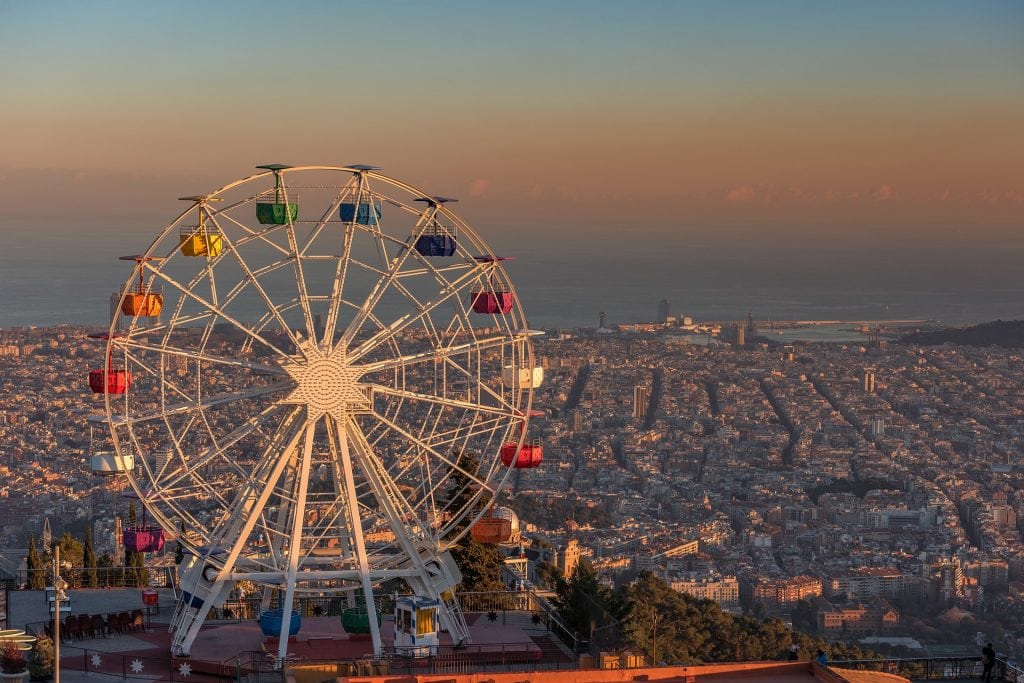
Location
The location of Barcelona is strategic, located on the north-eastern side of Spain, in what is known as the Iberian Peninsula, specifically between the Piños River, which is bordered to the north-east, and the Yupregat River, which is bordered by the south-east, and between it and the city mount Montjuïc, is 184 meters high. The city is bordered to the north by Andorra and France, and to the west overlooks the Mediterranean coast,[2] and is surrounded by the 8,000-hectare (80-km) Serra de Collserola mountain range, and around the city, there are also 7 green hills, from which the entire city can be seen. The total area of the city is estimated at 102.2 km, rising above sea level by 12.5 meters, and its coordinates extend between the longitude “42’24°41° north, and the latitude of “42’7°E.
The Weather
The climate due to Barcelona on the Mediterranean coast enjoys the climate of the Mediterranean basin, where the summer in Barcelona is warm and dry; the months of July and August are the hottest, with an average temperature of 28 degrees Selisi, and the summer does not see any rain, while the winter of Barcelona is described as cold, and sees rain, January is the coldest month of the year, and the average temperature reaches 13 degrees Select.
Population
The population of Barcelona showed that the city of Barcelona had a population of 1.62 million, and is the second-largest Spanish city in terms of population,[1] and the city has many different races and nationalities, with 17.5% of Barcelona’s population having non-Spanish ancestry. Barcelona is a
relatively densely populated city, not only the number of people living within it but also the population of the population living in its surroundings, is the capital of Catalonia, which reached 4.78 million in 2014.
The economy
Barcelona’s economy has a strong economy that competes with that of the European Union and contributes significantly to supporting Spain’s economy as a whole, with the economy of Barcelona and Catalonia contributing 19.8% to Spain’s GDP, and in 2012, Barcelona’s GDP reached €64,241.5 million. ($69,425.15 million), and what distinguishes Barcelona’s economy is its dependence on several different sectors supported by it, most notably education, health and social services, which contributed 11.9% of Barcelona’s GDP, followed by the trade and repair sectors, which contributed 11.7%.
Barcelona is heavily dependent on its seaport, which is a point of contact with foreign trade, and in 2013 the port of Barcelona ranked 16th among European ports in terms of cargo, and Barcelona has a high employment rate, with 61.3% of jobs in Catalonia.
The history of Barcelona has a long history dating back to the bc period when the city was founded by the Phoenicians and Carthaginians, and the city was named at the time as “Pacino” after the Carthaginian king “Lambgar Burga”. In the first century BC, the area fell under Roman rule, and they chose it as their capital. The city remained the capital of the Roman state until the 5th century AD when it was occupied by the Western Goth tribes, who changed its name to “Parsinona”, and in the 8th century the City of The Moors, which was ruled for a century, was occupied by the Franks. The city of Barcelona was the centre from which Spanish domination began, which was called the Spanish marches.
During the Spanish re-domination period, the region was divided into provinces, most notably the province of Barcelona, and in the tenth century The 10th century The Illusive Count of Barcelona Wilfred began to apply a genetic system in the rule of the region, and in 988 Barcelona was independent by the Count of Barcelona Burrell II and got rid of the rule of the Carolingian Empire of The French…
The area occupied by the Province of Barcelona expanded and formed the region known today as the province of Catalonia, and in 1137 the Count of Barcelona Raymond range IV married Petronella, Queen of Aragon, resulting in the establishment of the Catalan-Aragonese Union, and the power of this union expanded until the arrival of Naples and the island of Sardinia.
Between 1640 and 1659, in the region, the so-called Catalan Revolution was established, caused by the exploitation of the fortunes of Catalan farmers by The King of Spain, Felipe IV, during his war with France, which led to a revolution in which farmers killed several Spanish leaders, chanting a song describing the events at the time, and the song became the Catalan national anthem. Catalonia gained independence with the help of France, under French rule, but Spain fought a war with France and retook Catalonia, the latter under Spanish rule, and at the beginning of the 19th century, during the War of Independence of Spain Napoleon entered the city and destroyed large parts of it.
During the mid-19th century, Barcelona played an important role in the industrial revolution in Europe, and Barcelona was Spain’s most important industrial city at the time; Today, demands independence for the province continue; in 2012, 1.5 million people demonstrated for Catalonia’s independence, but to this day it has not been achieved.
Tourism
Tourism in Barcelona is one of the most important economic sectors on which the city depends, with Barcelona receiving tourists from all over the world at different times of the year. In 2015, 8,303,649 tourists flocked to the city, spending 21,072,365 euros ($22,766,267), and one of Barcelona’s most famous landmarks:
Sagrada Familia Church: One of the most famous and largest churches in Europe, the construction process began in 1882, but the construction process is not yet finished, commonly referred to as the “cathedral”.
Casa Milla: Known as La Pédré, it is a building with wavy stone facades and iron windows, built by architect Antonio Gaudí at the beginning of the 20th century, and is one of the most attractive buildings for tourists in Barcelona.
Santa Maria Cathedral: This cathedral dates back to the Gothic tribes and is one of the most beautiful buildings left behind, as it began construction in the 11th century, on the ruins of another cathedral destroyed by the Moors.
Casa Batllo: One of the buildings of the architect Antonio Gaudí, a building of exciting design, designed in the form of bones and monsters, and its roof represents a dragon. The building was built between 1904 and 1906.
FC Barcelona Stadium: The official stadium of FC Barcelona, the largest stadium in Europe, opened in 1957, with a capacity of 120,000 people, and there is a museum in the stadium that showcases the history of FC Barcelona and the most prominent players of all time.
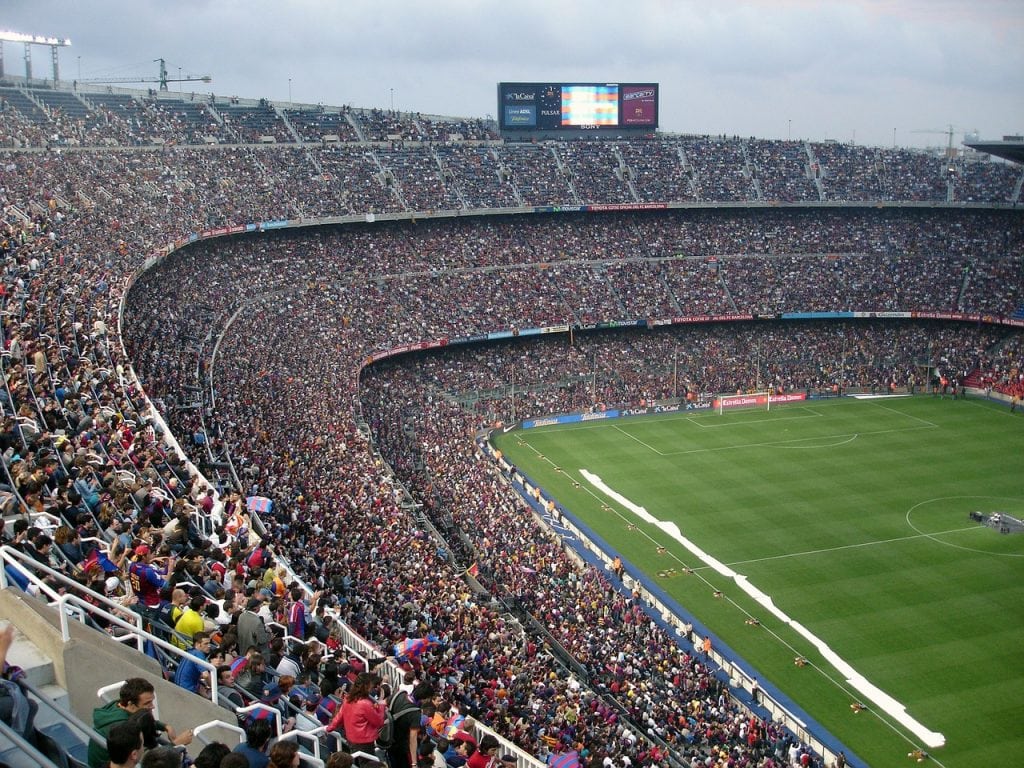
Catalonia Music Palace: A very beautiful building built by architect Luis Dominique A. Montagnier, along with The Hospital of St. Paul, is one of the most important buildings in Barcelona today and was inscribed on the UNESCO World Heritage List in 1997.
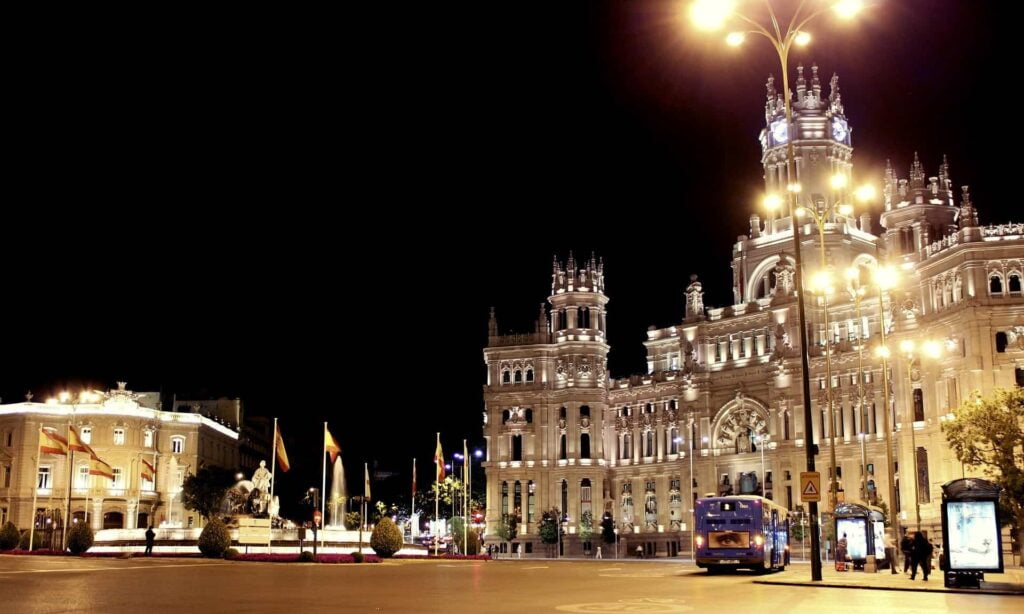
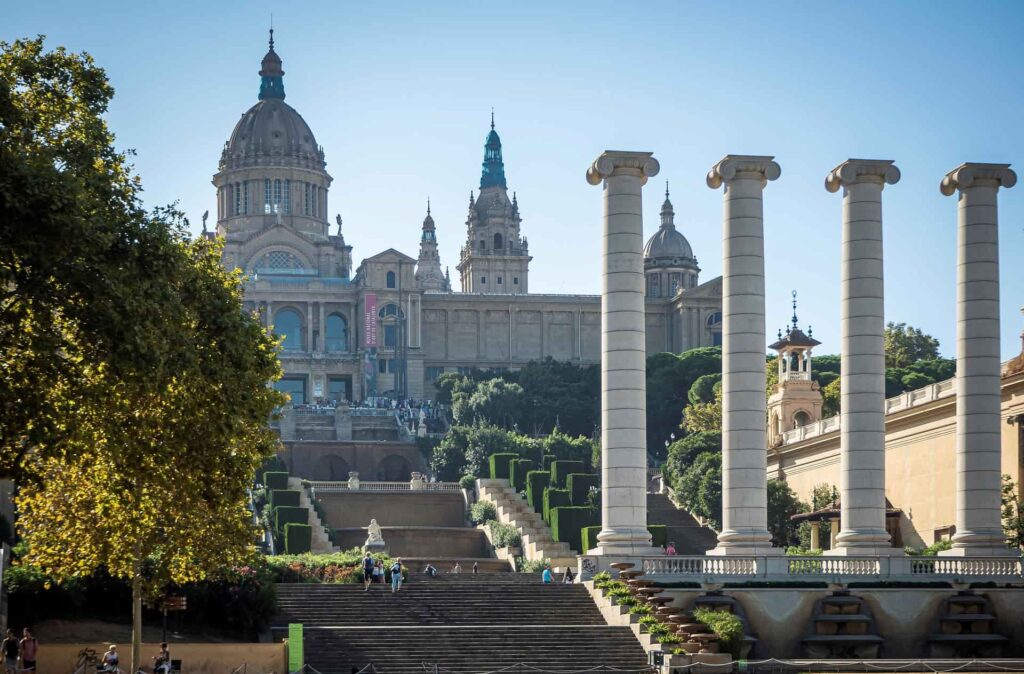
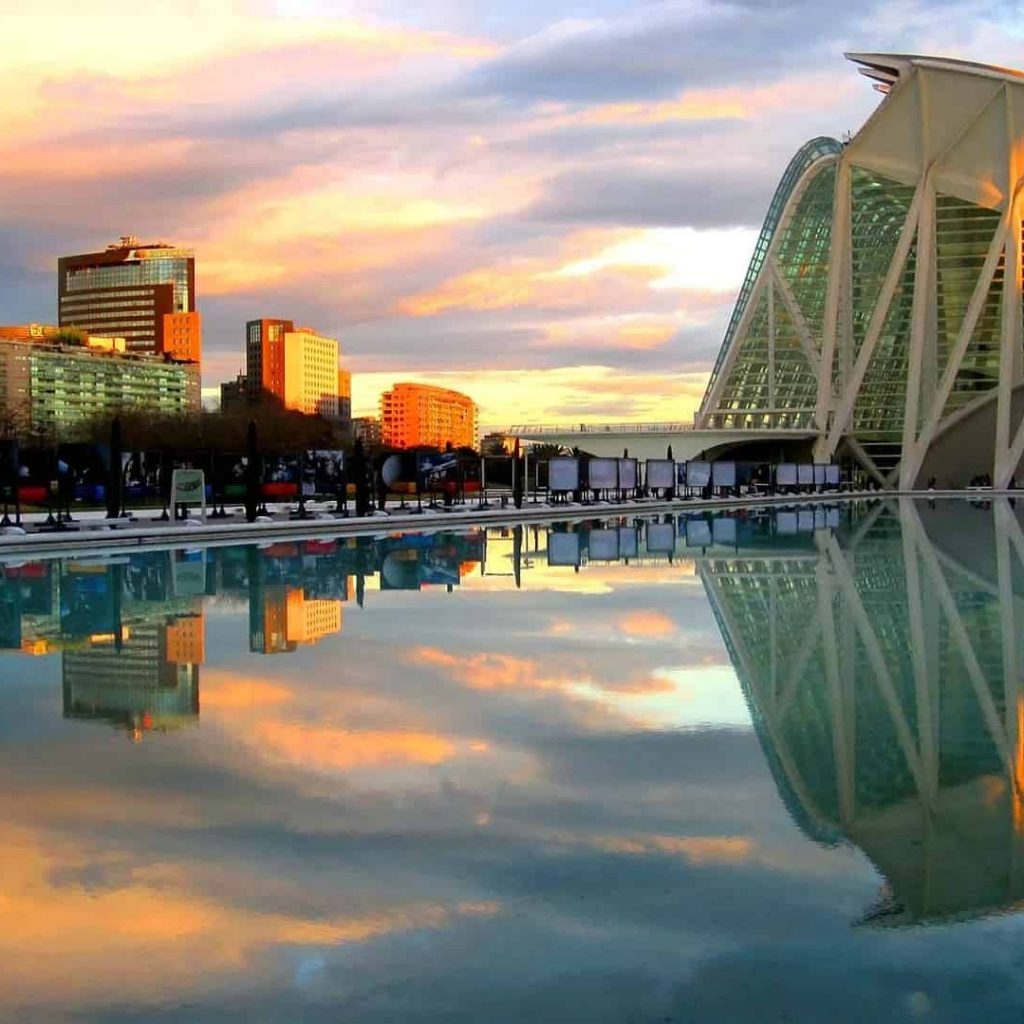

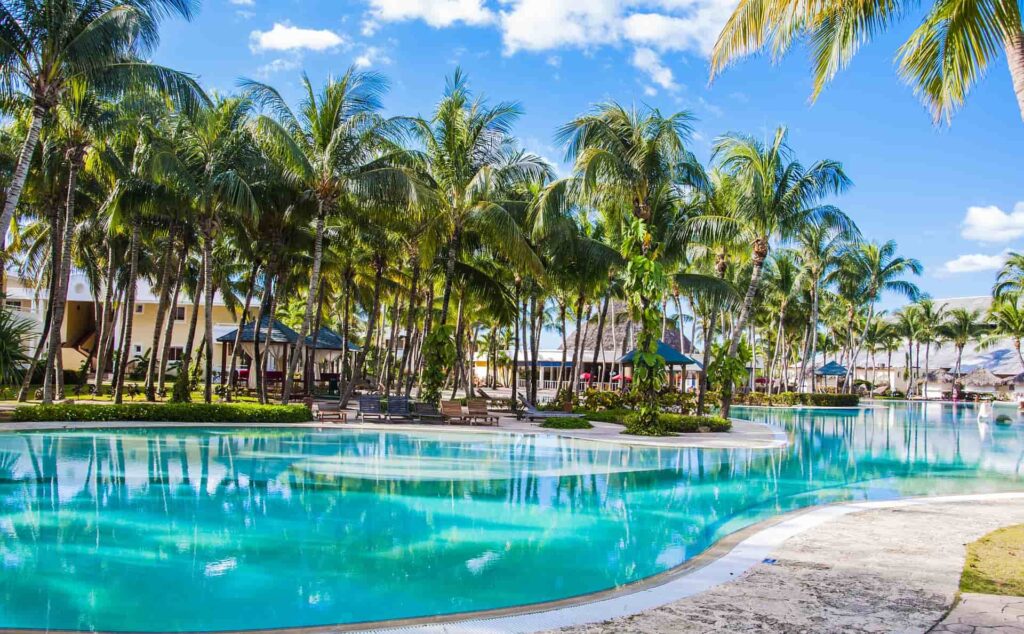
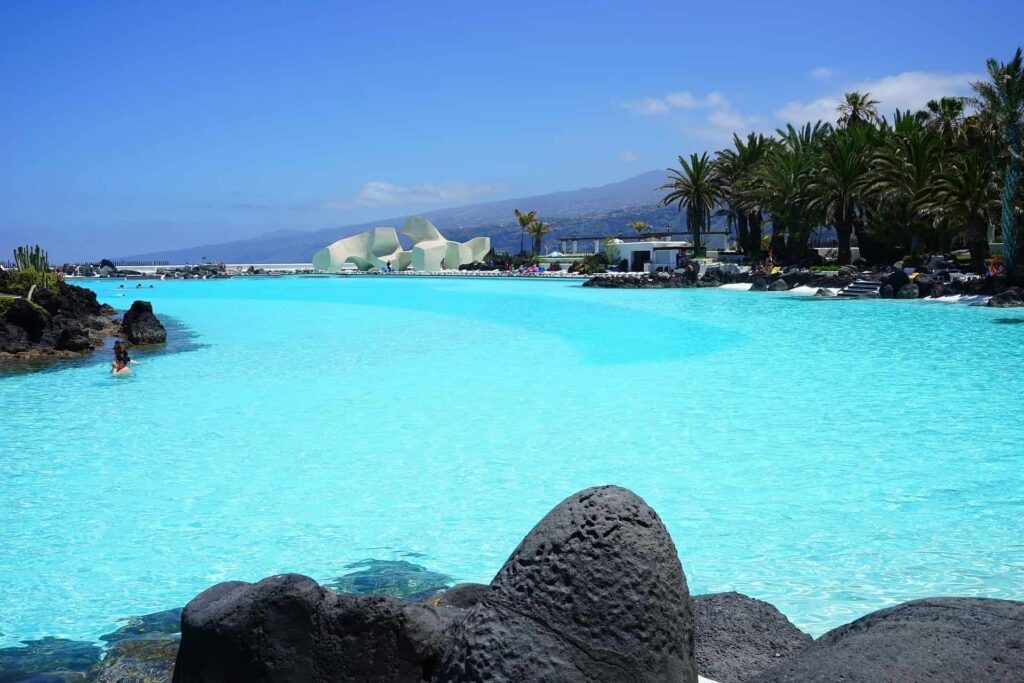
Musement, Book tickets and experiences all over the world
Top Hotels in Barcelona, Spain
Search Hotels in Popular Cities
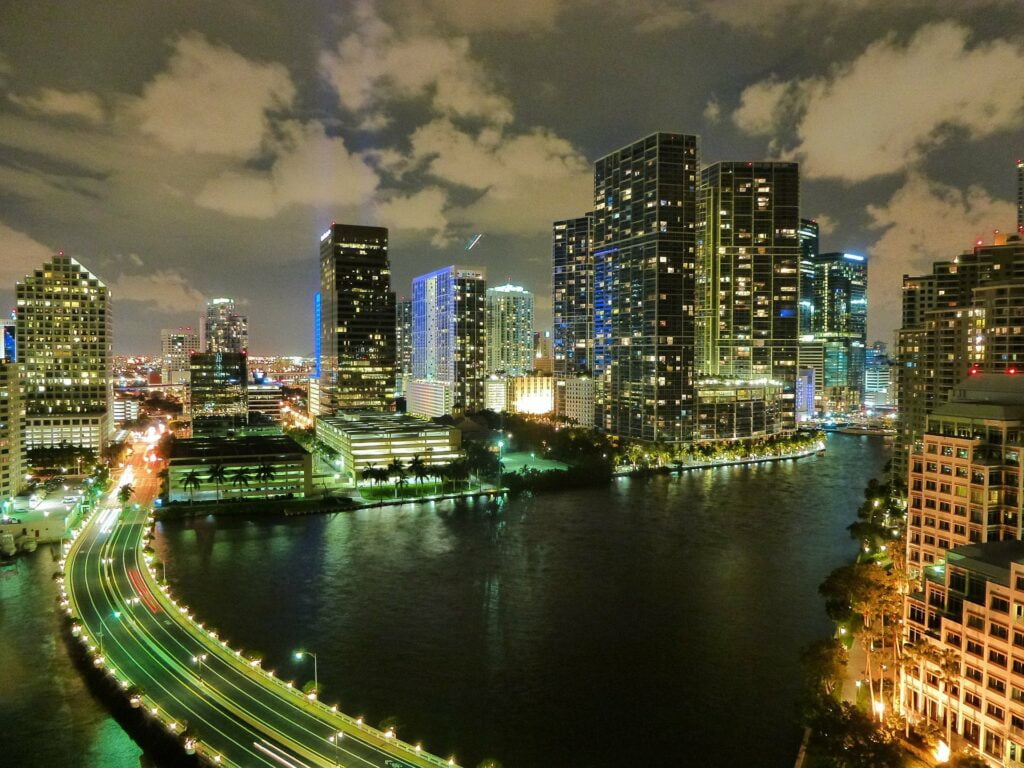
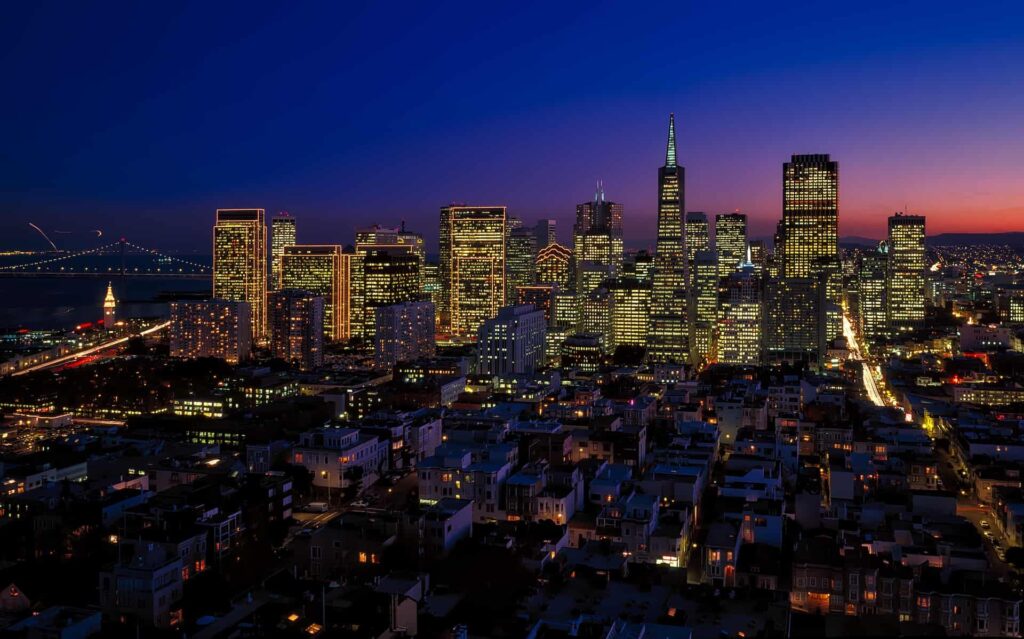
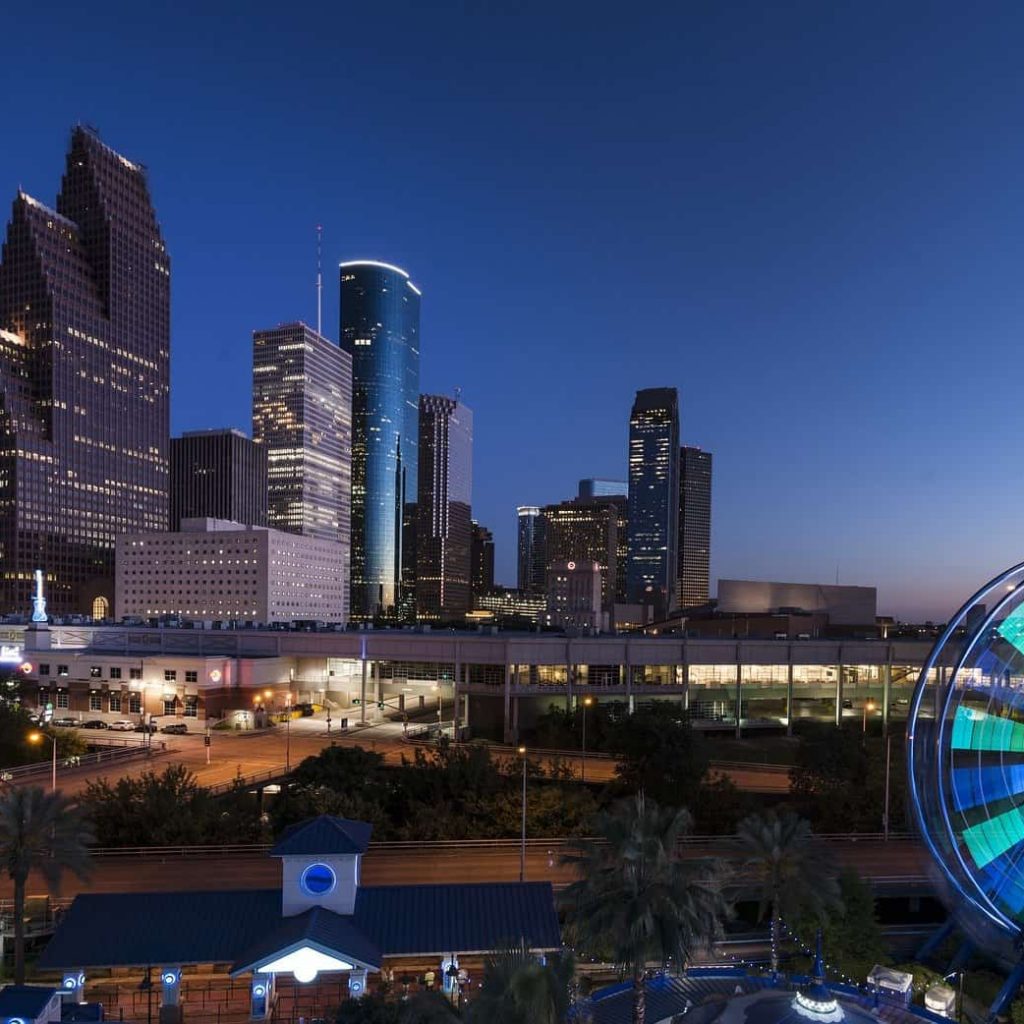
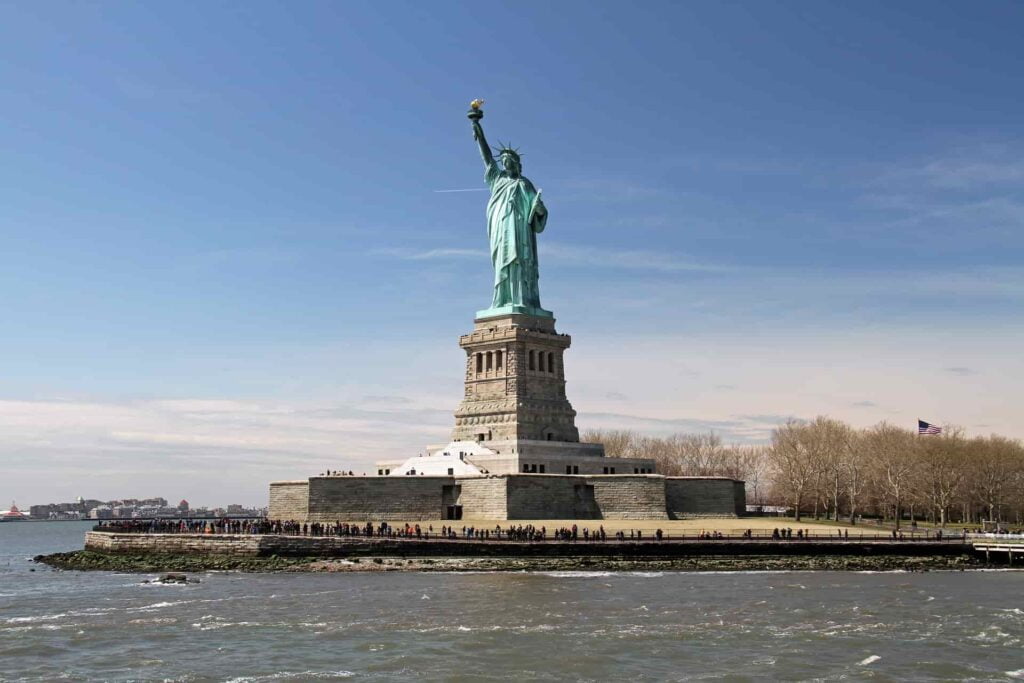
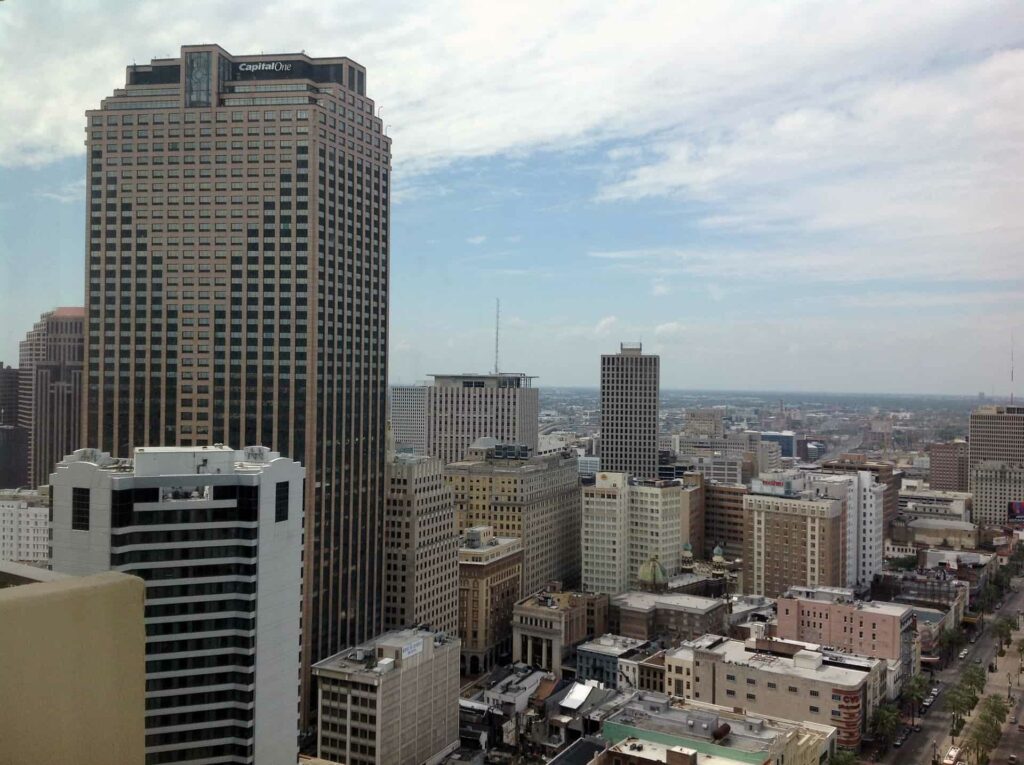
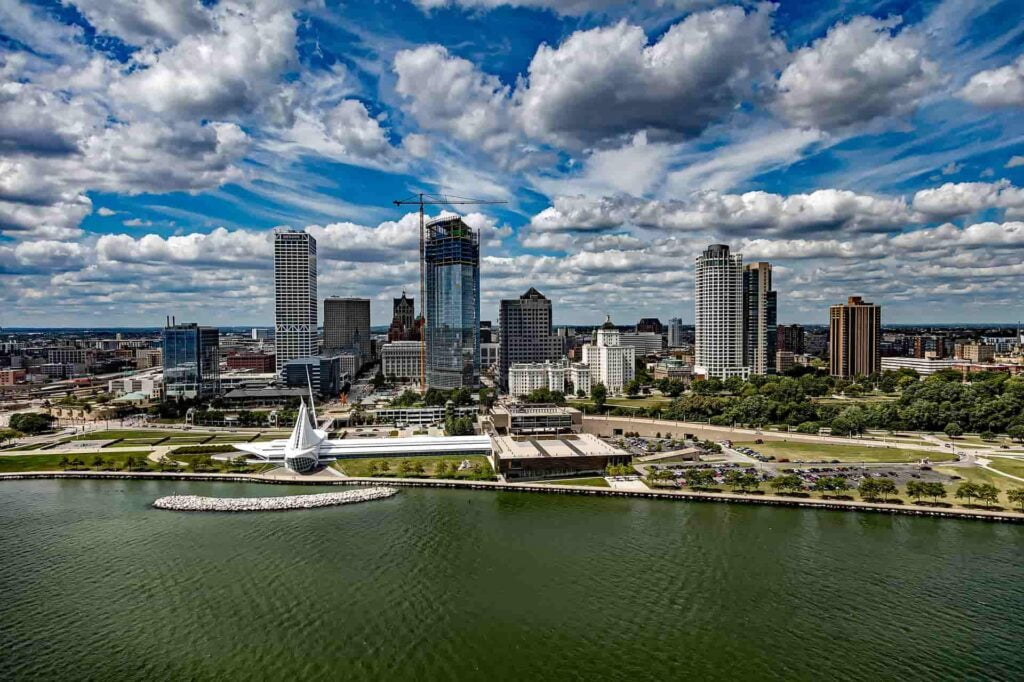
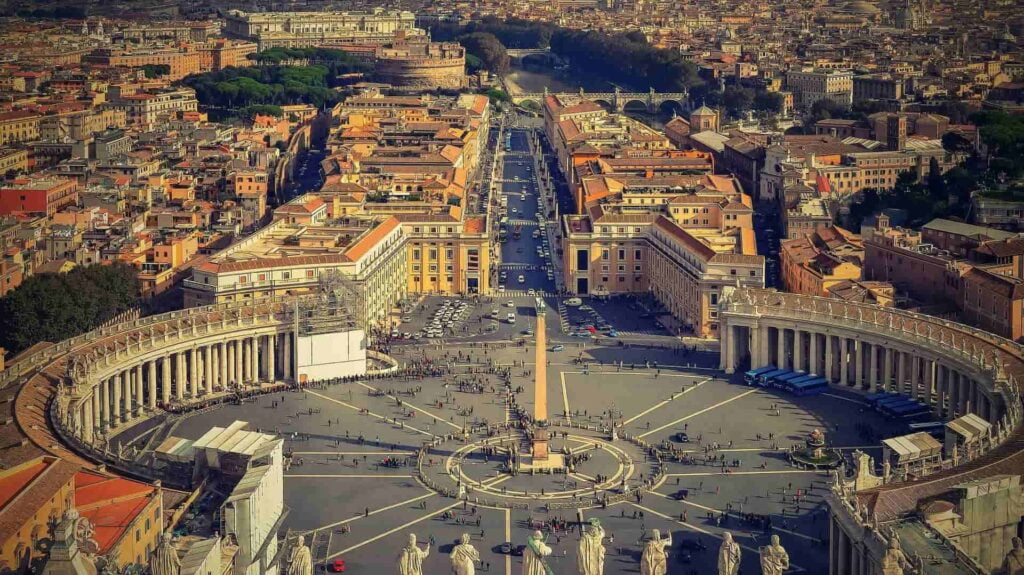
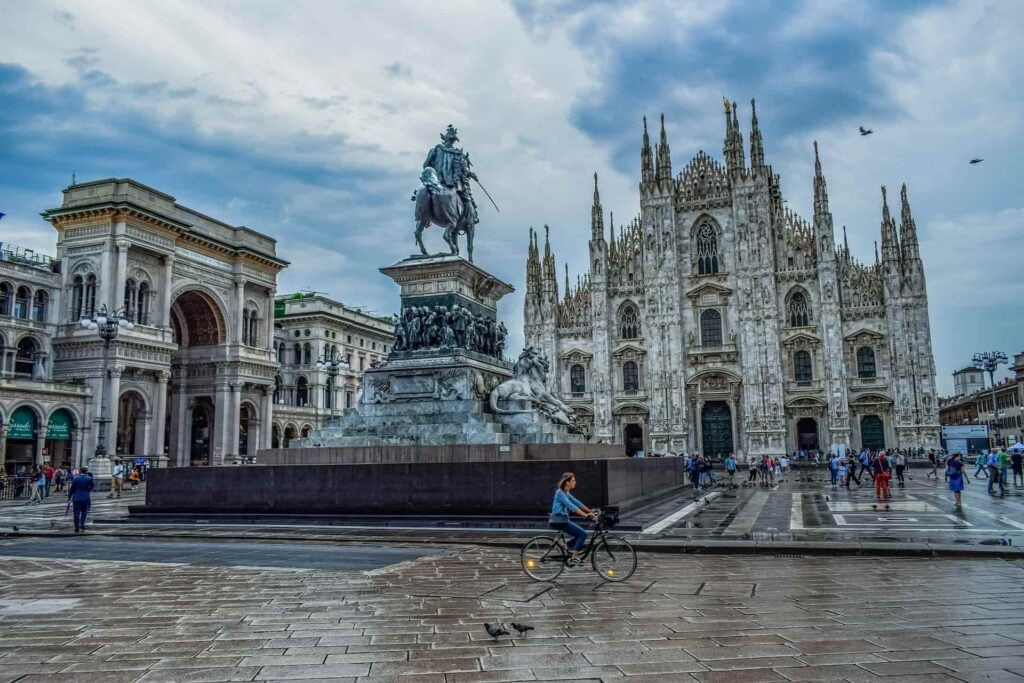
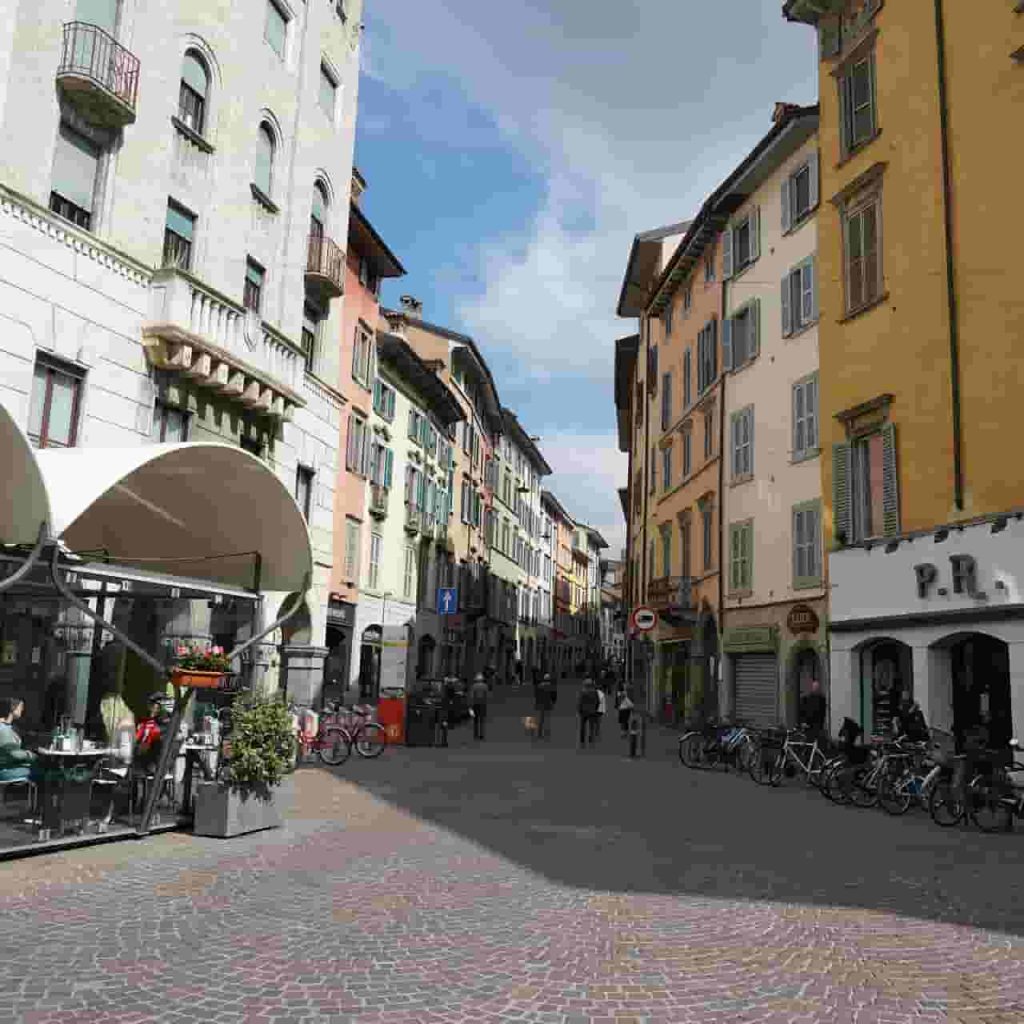
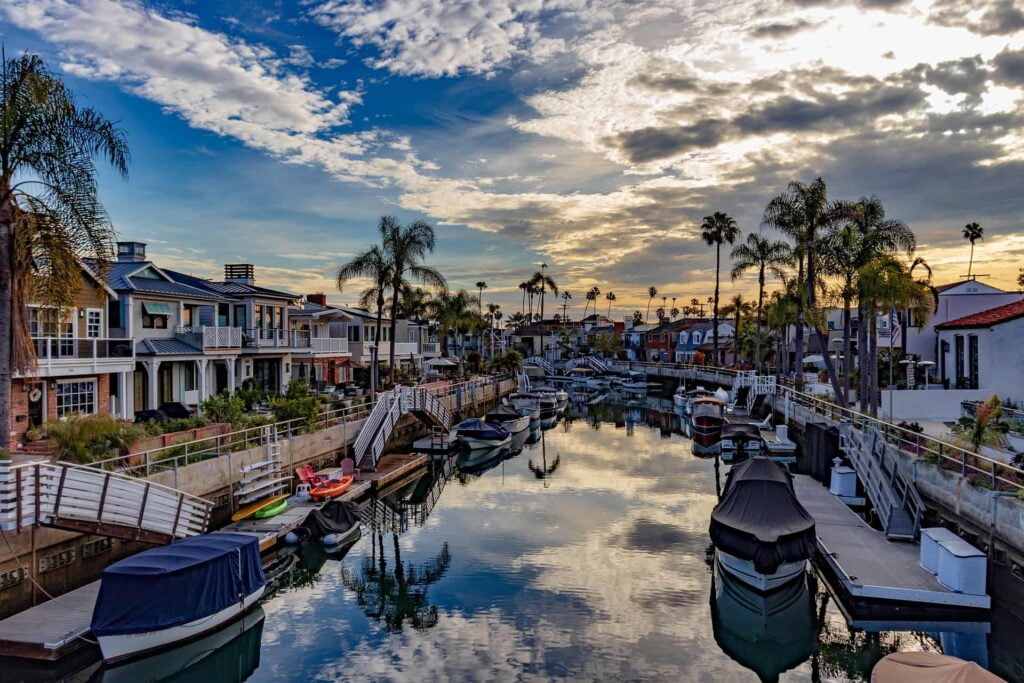
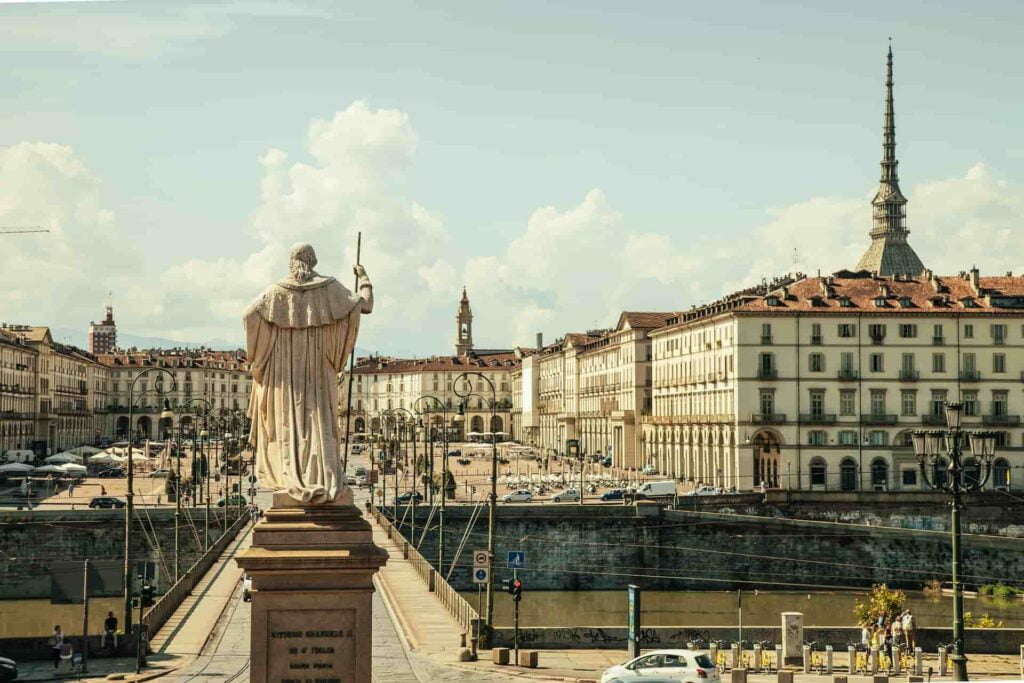
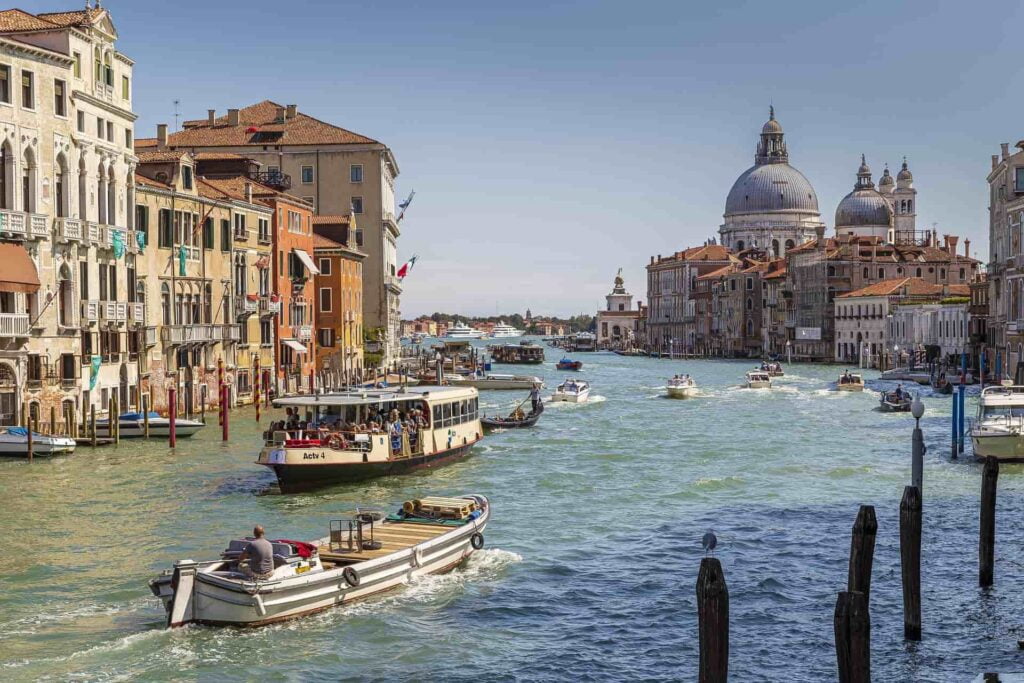
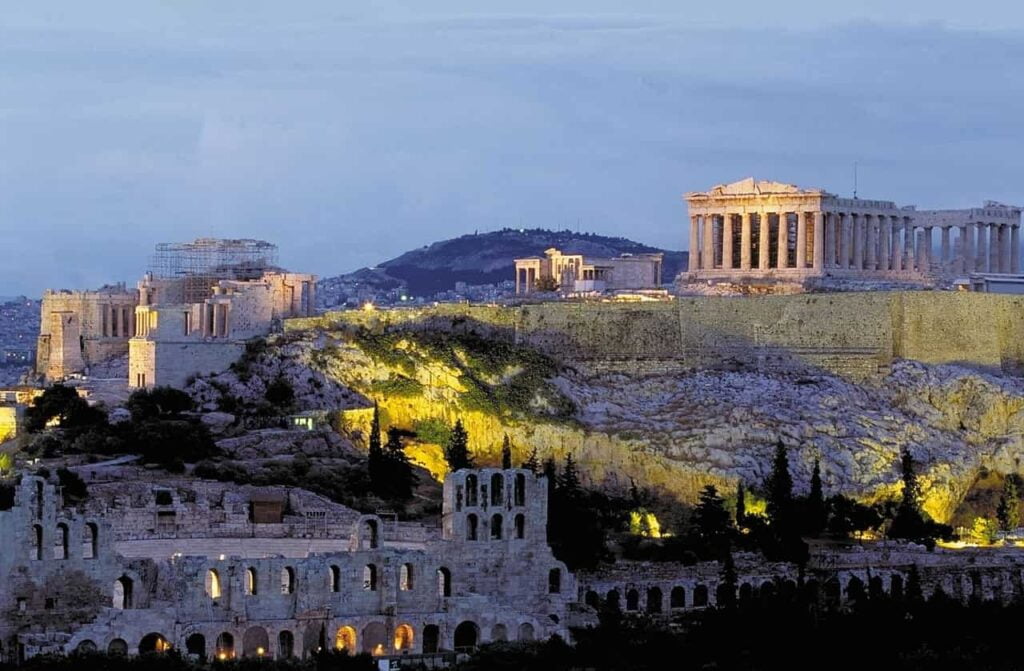
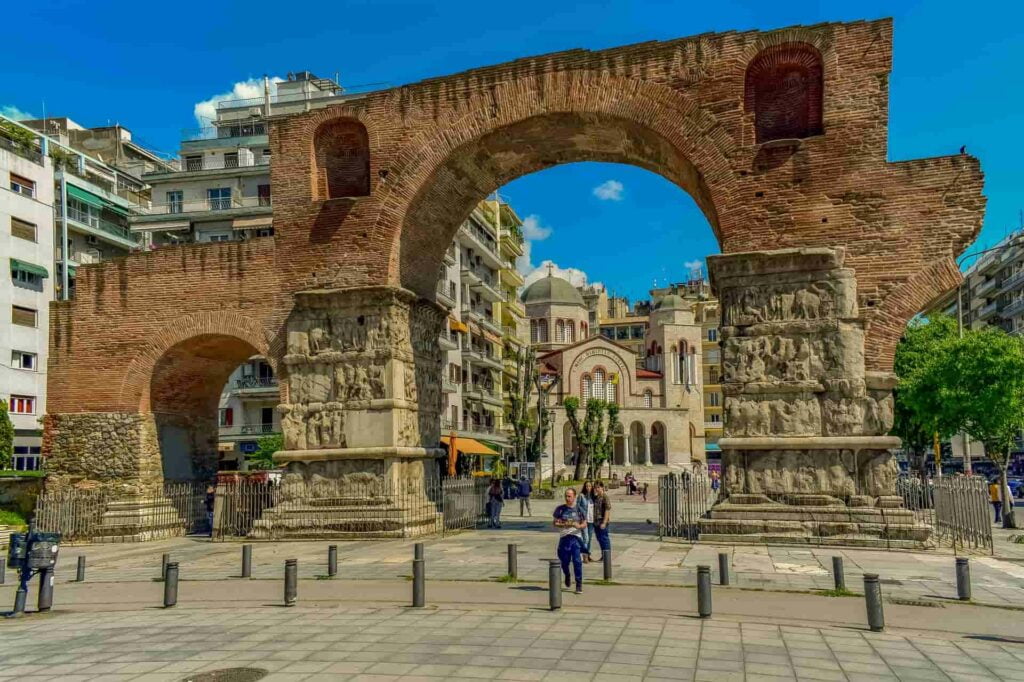
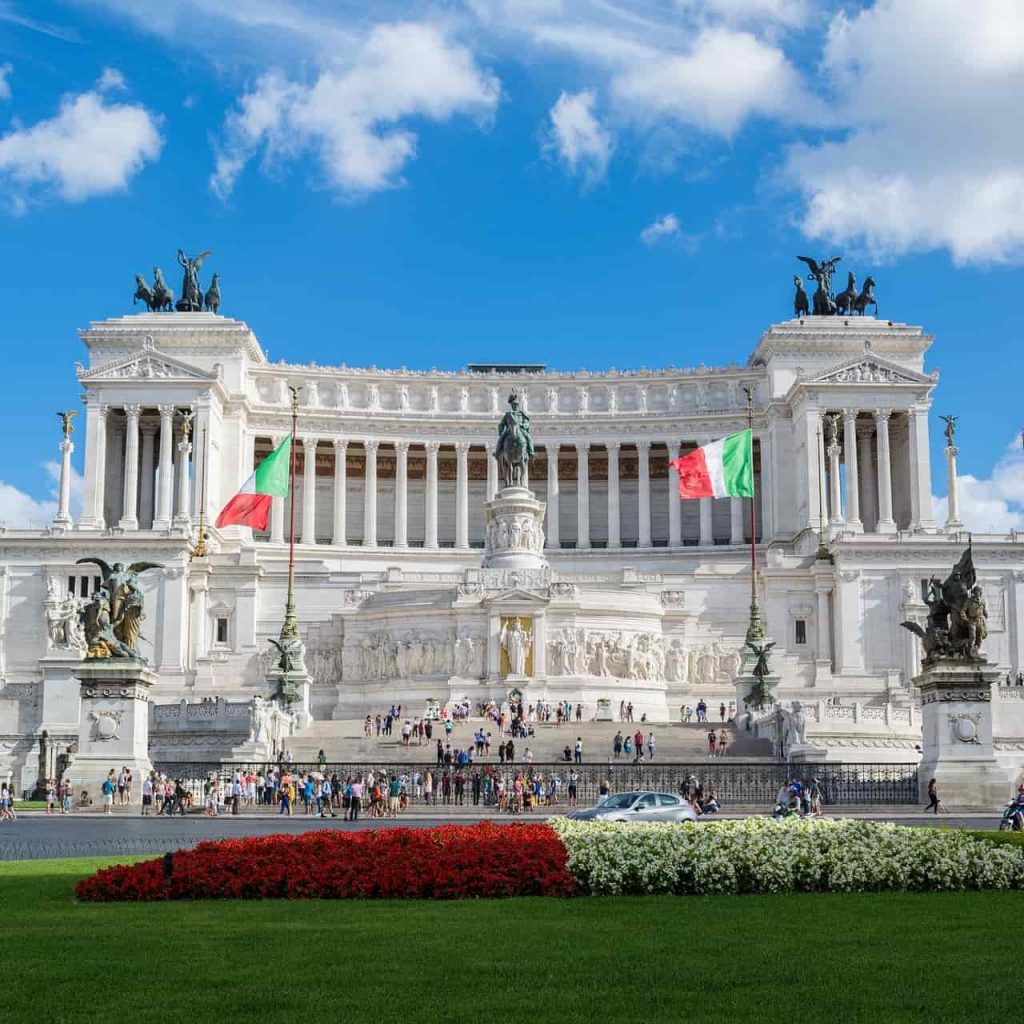
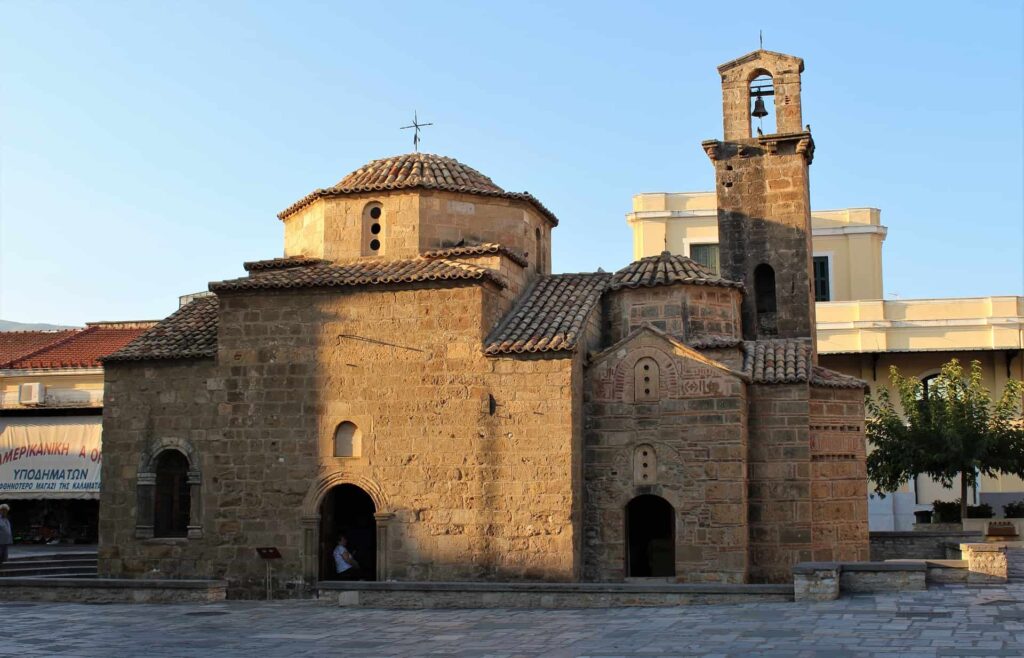
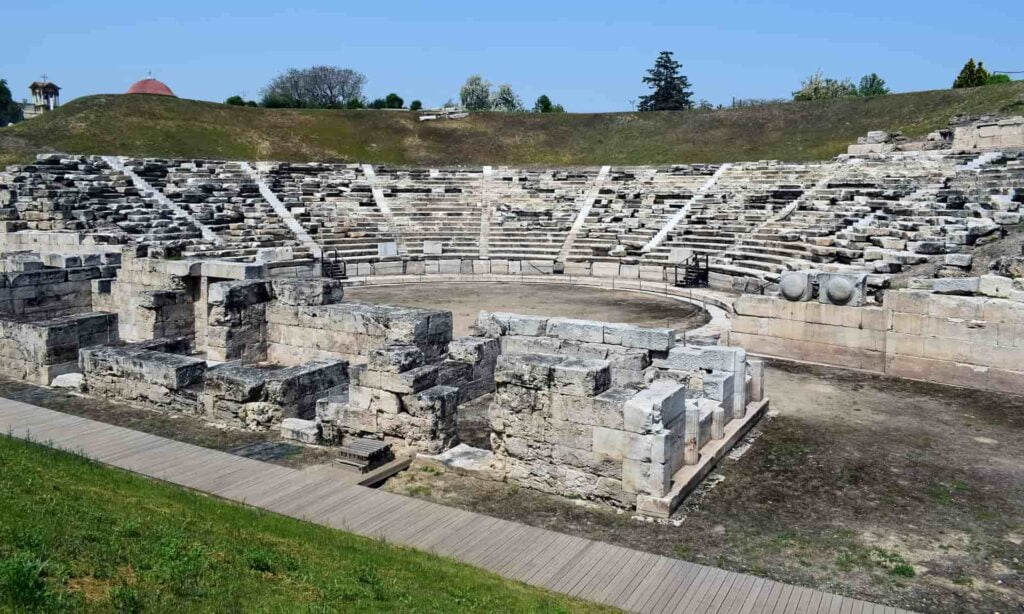
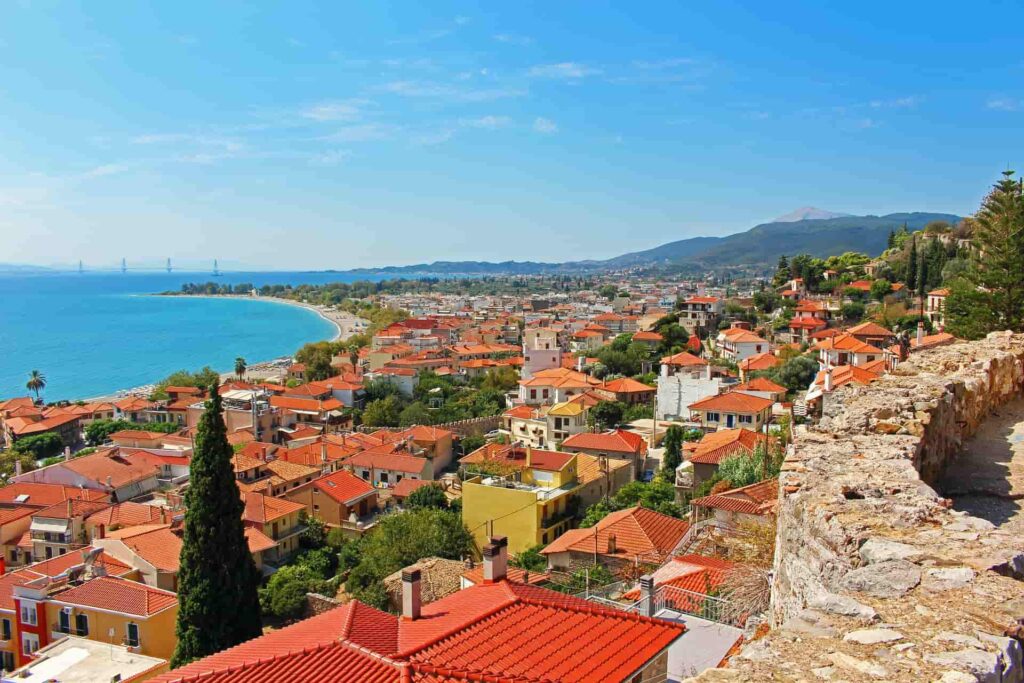
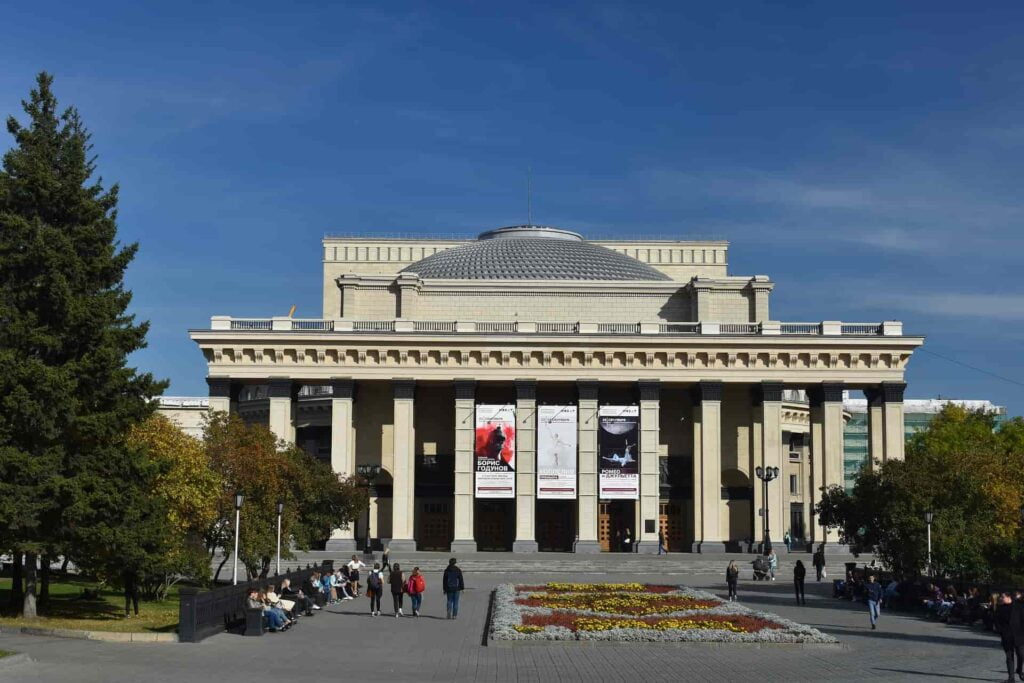
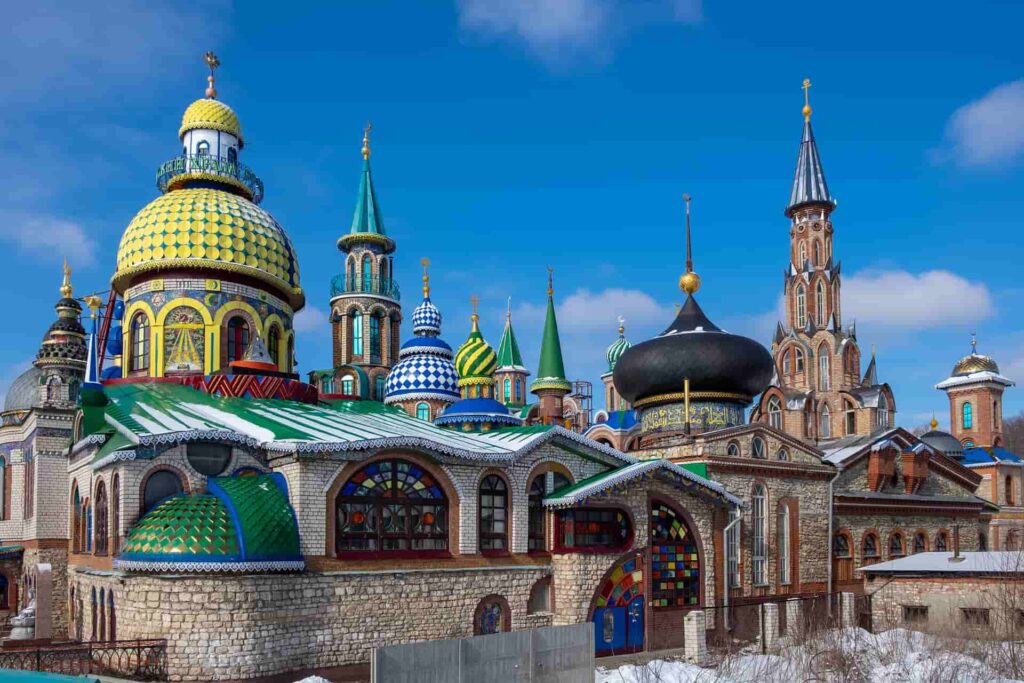
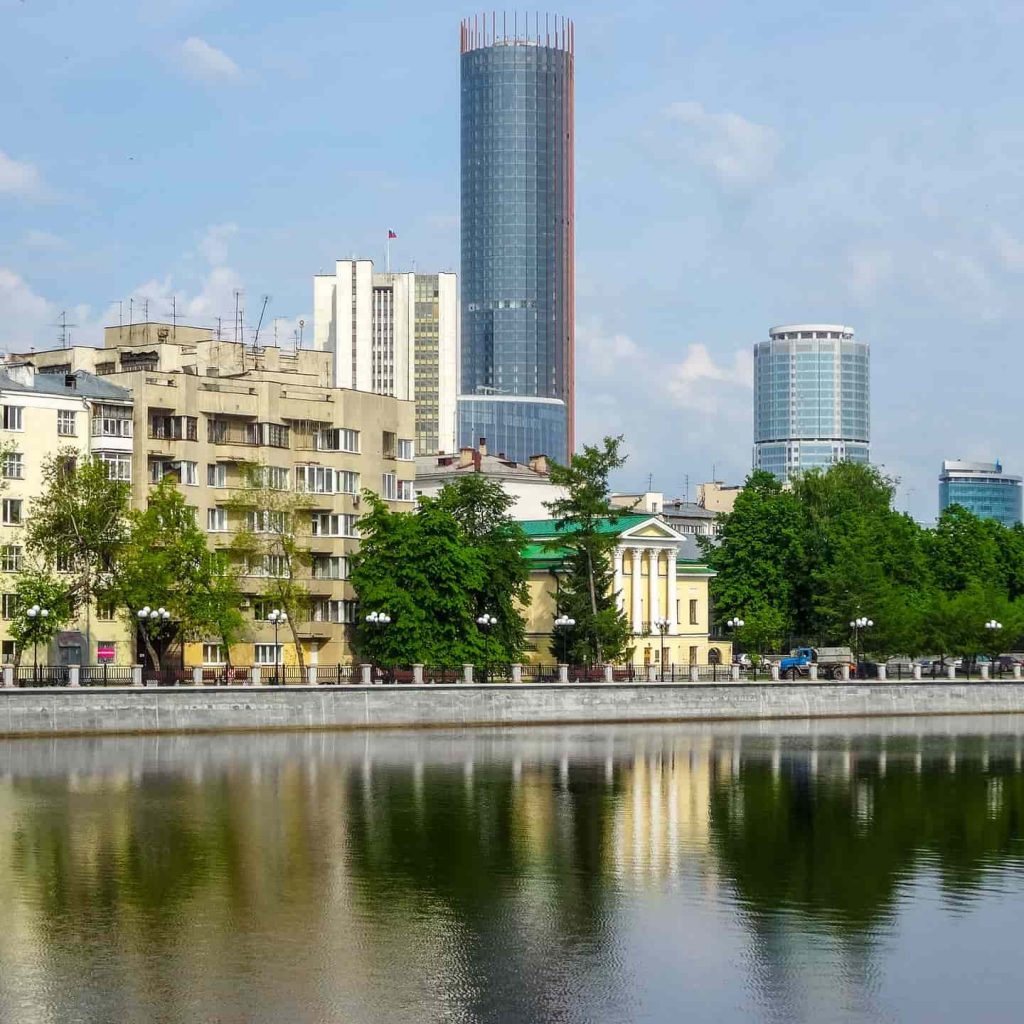
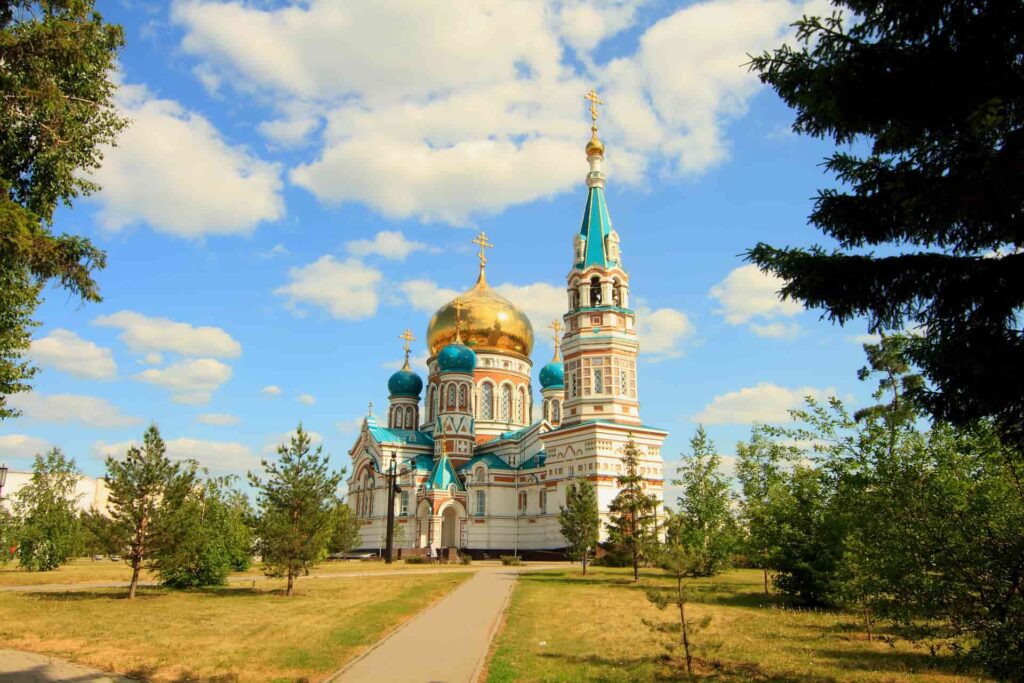
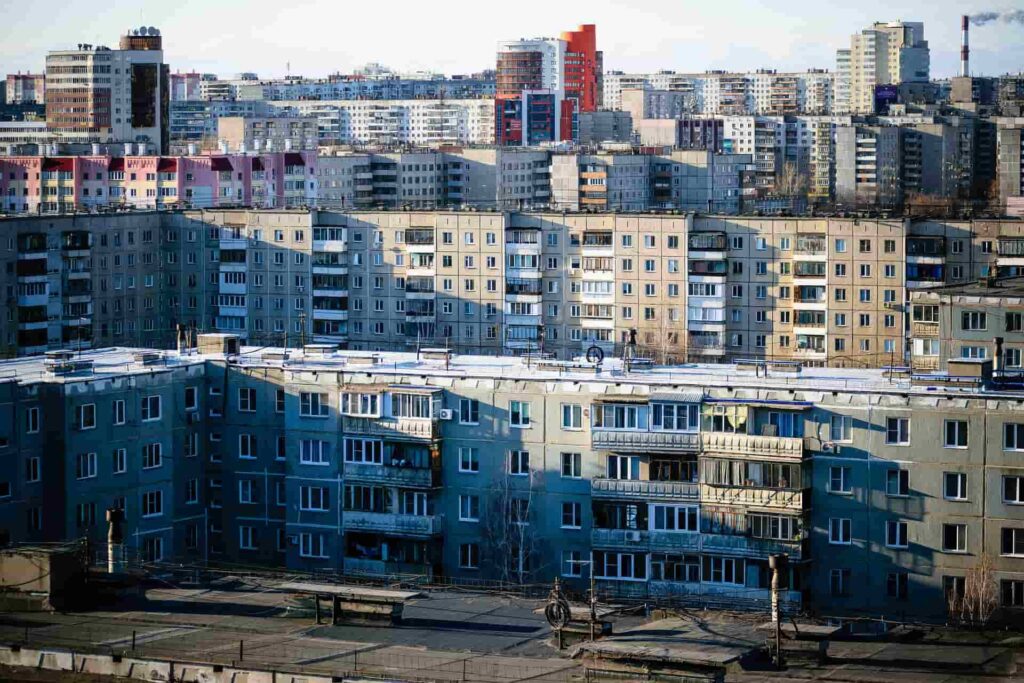
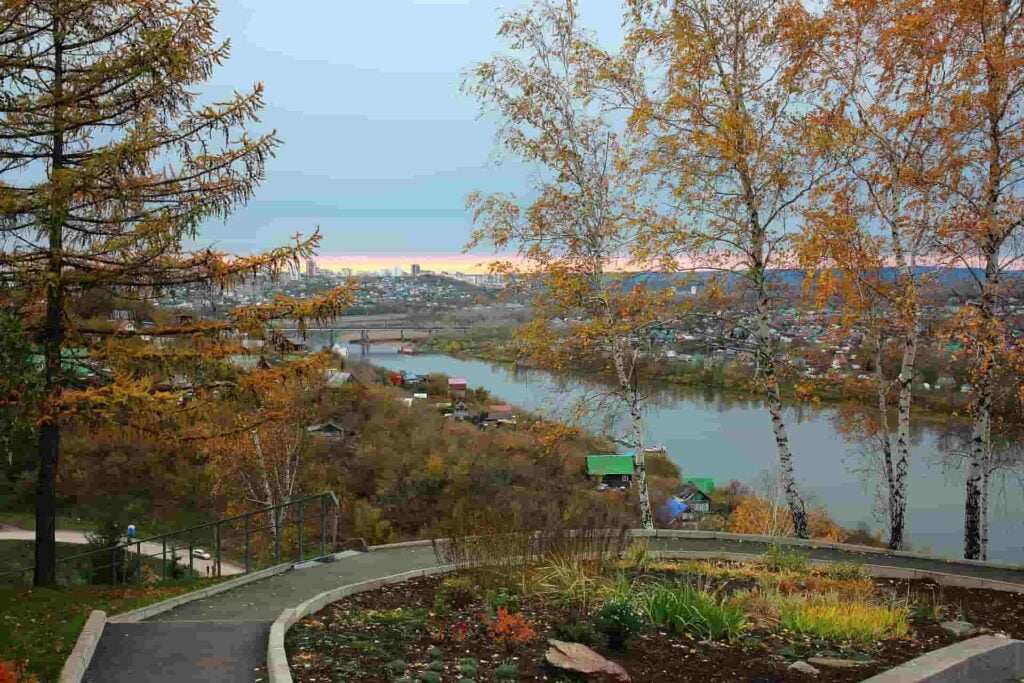
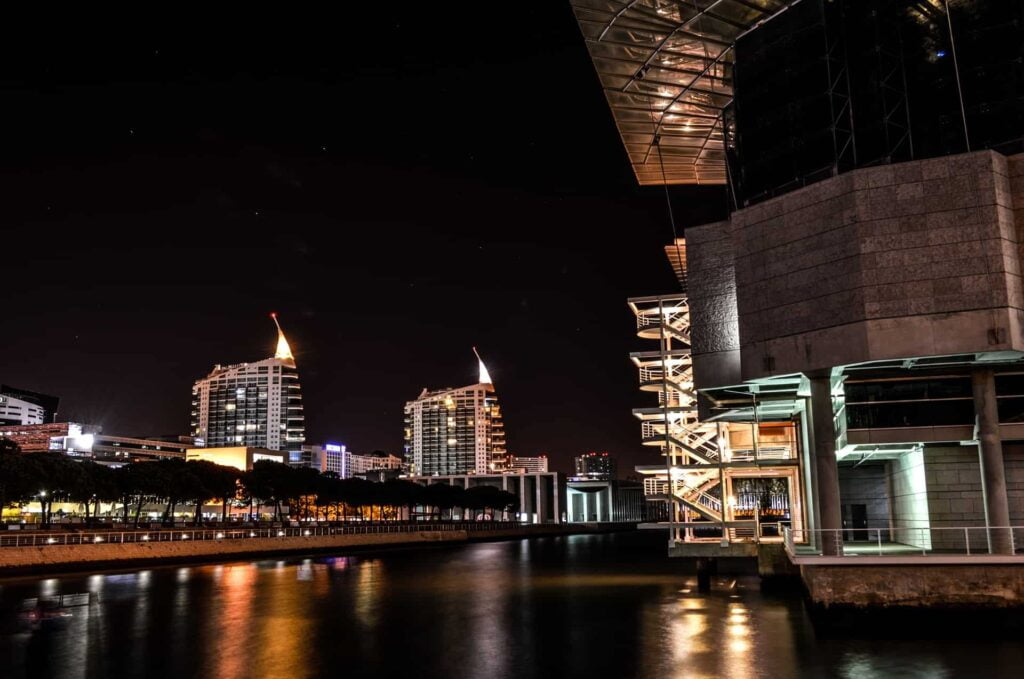
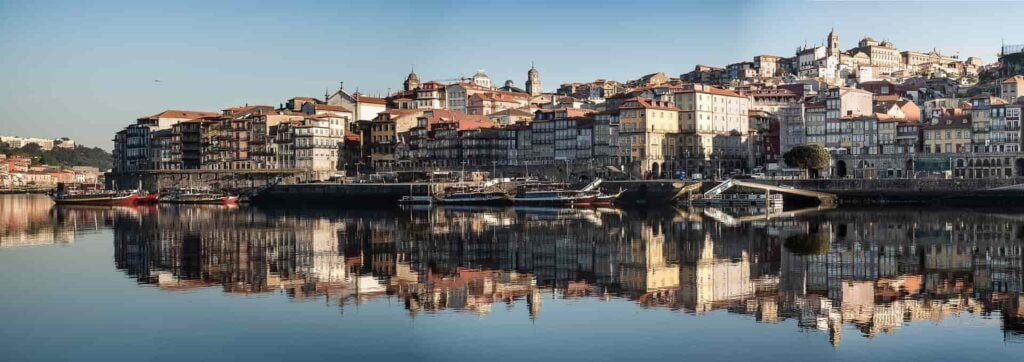
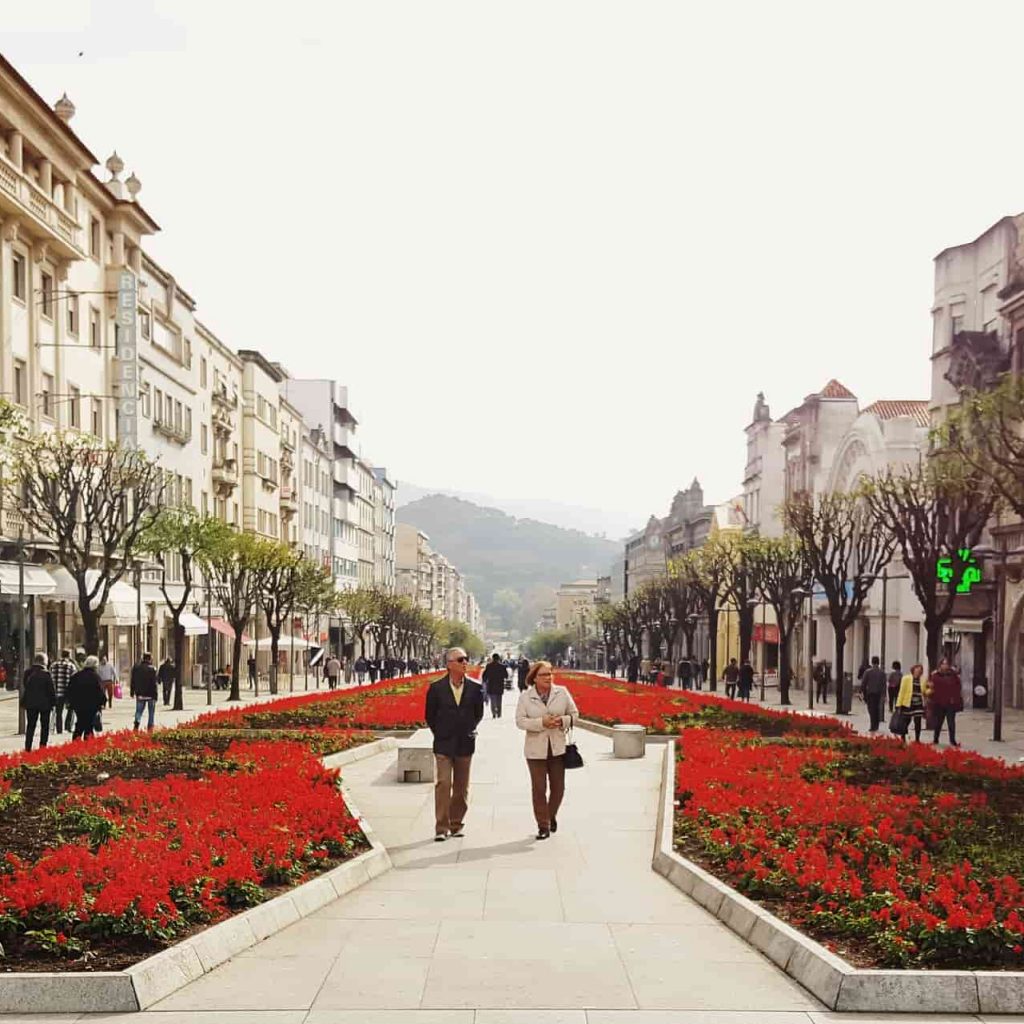
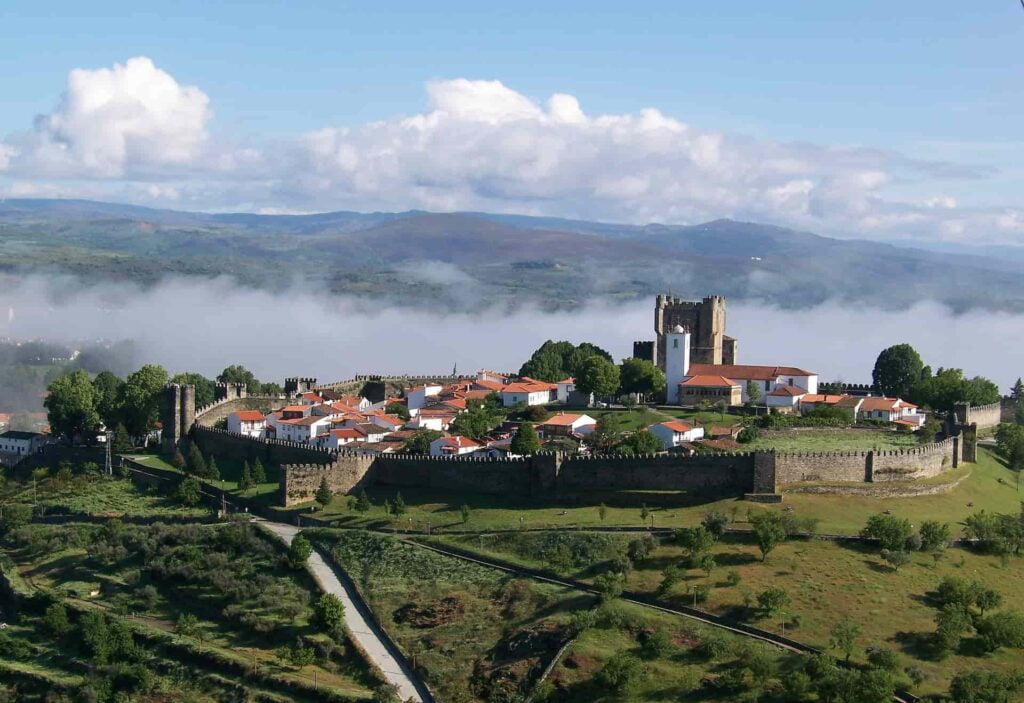
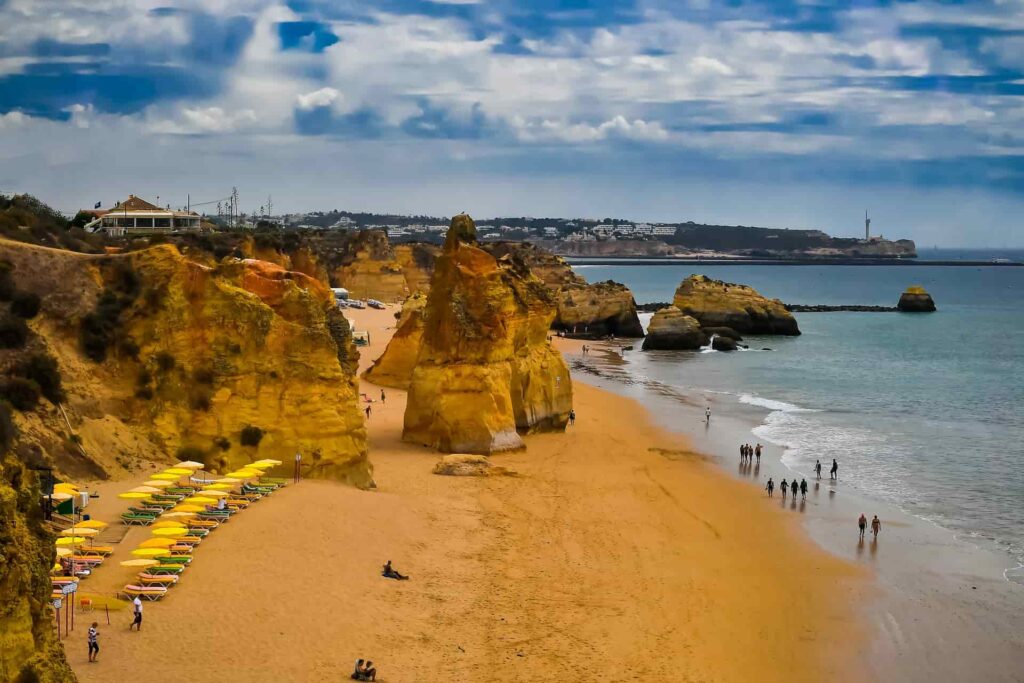
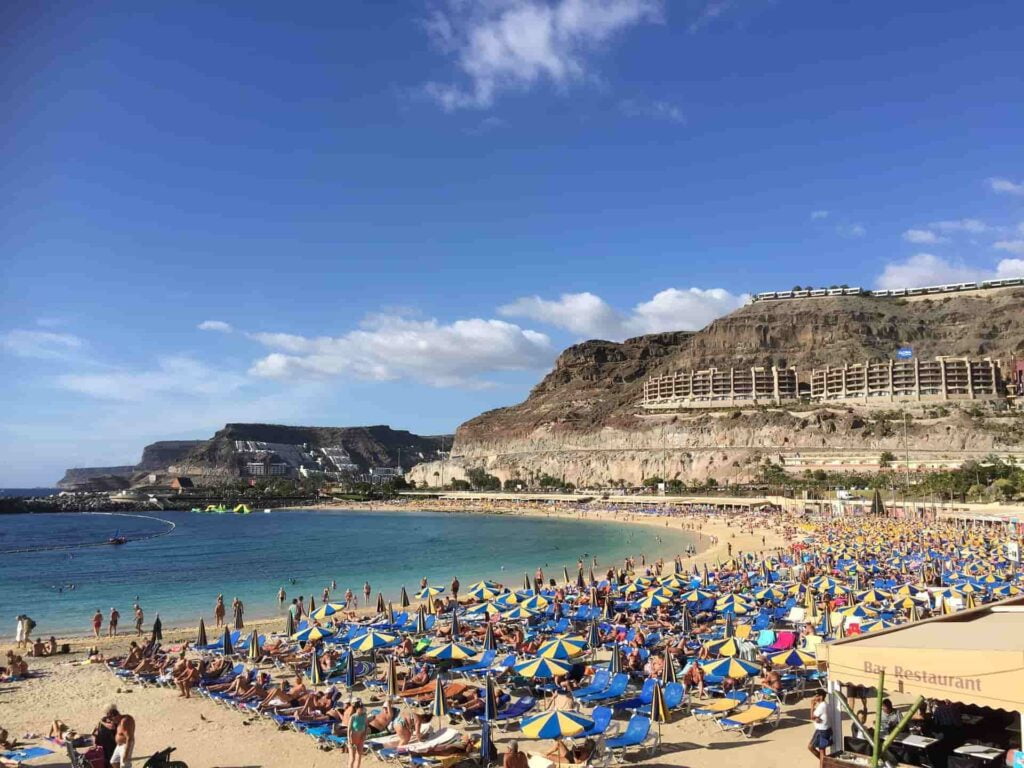
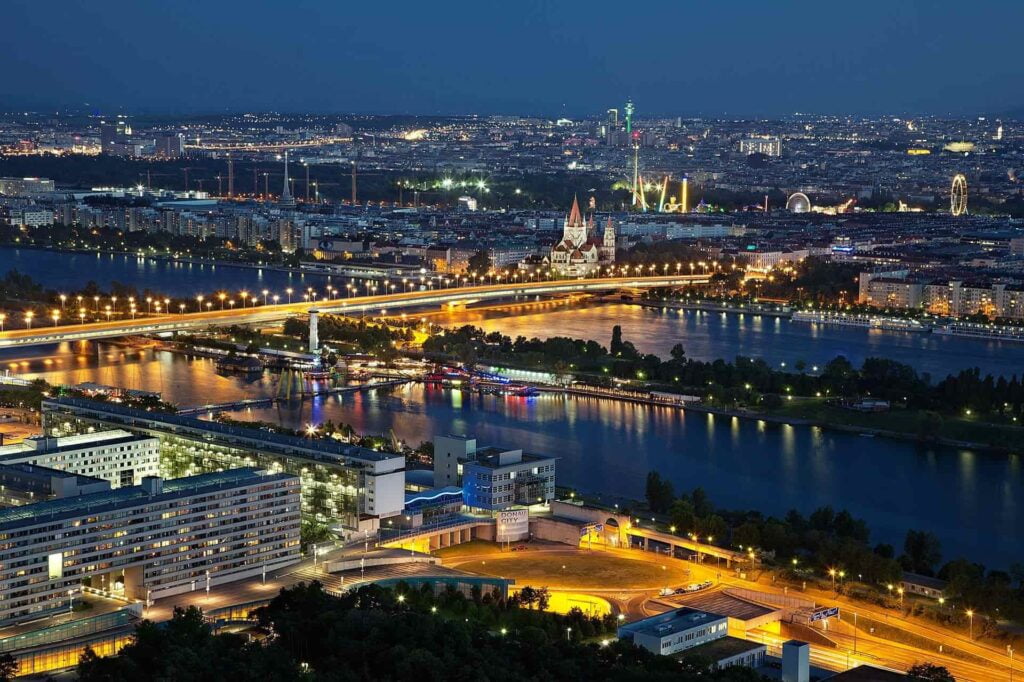
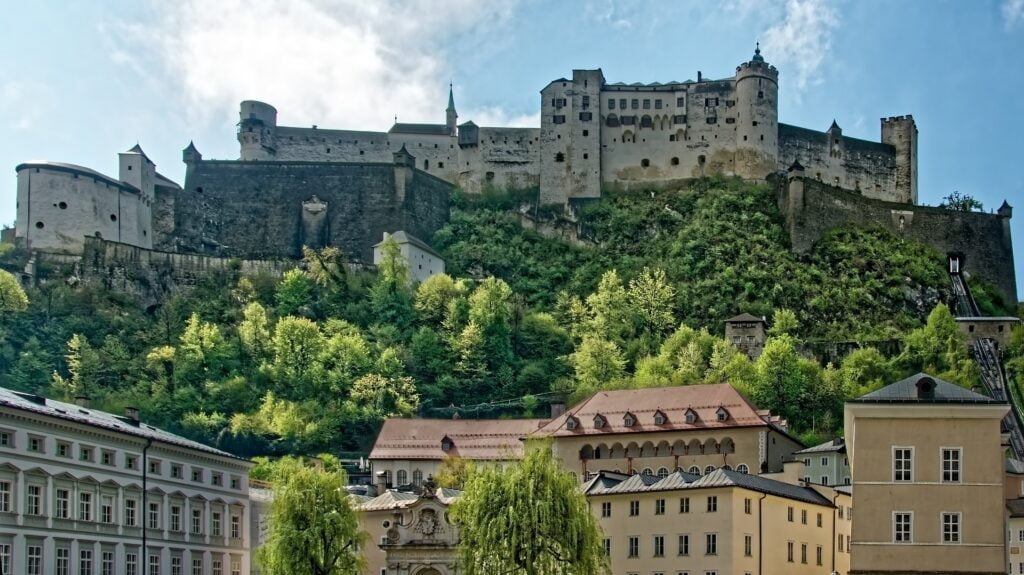
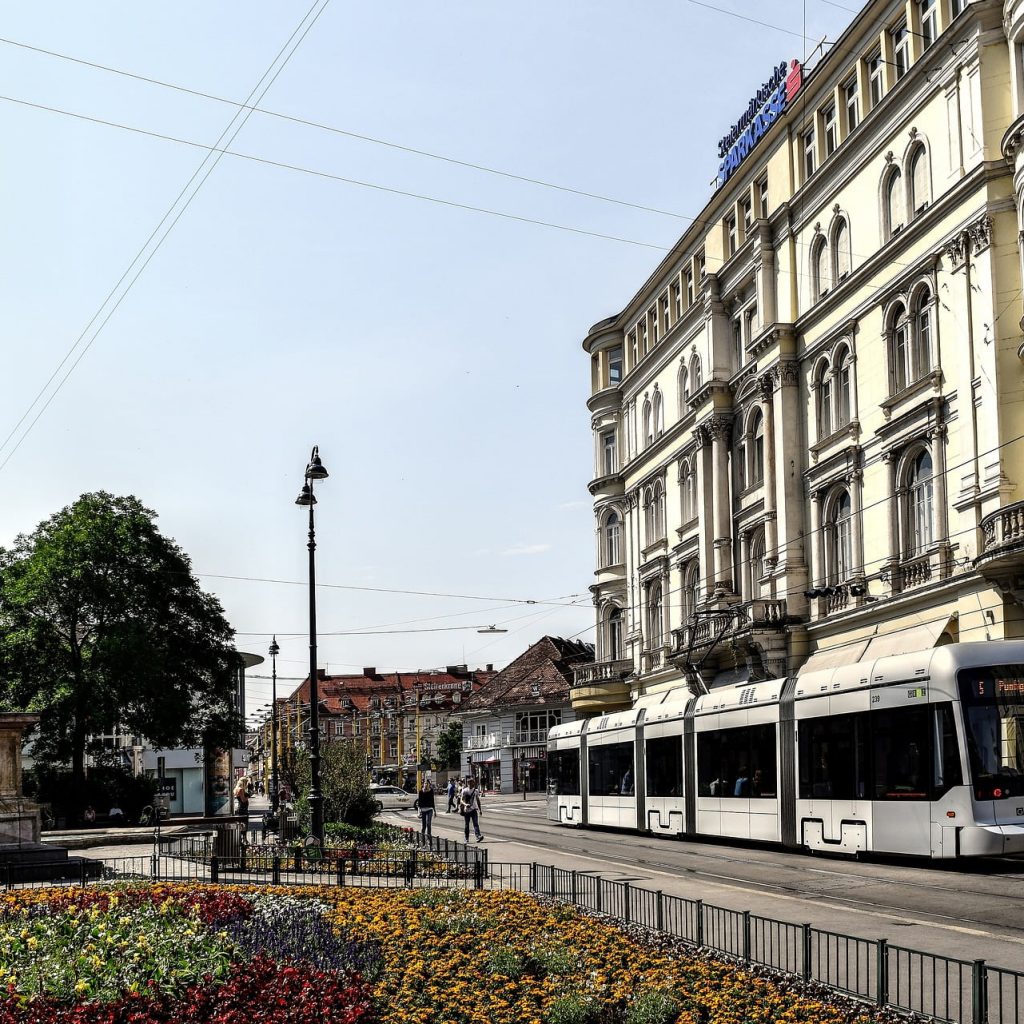
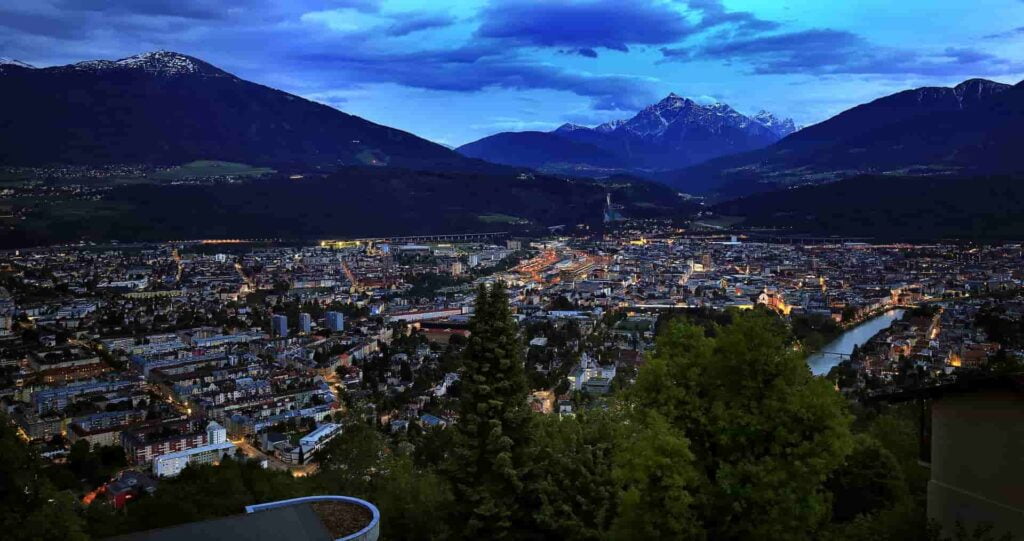
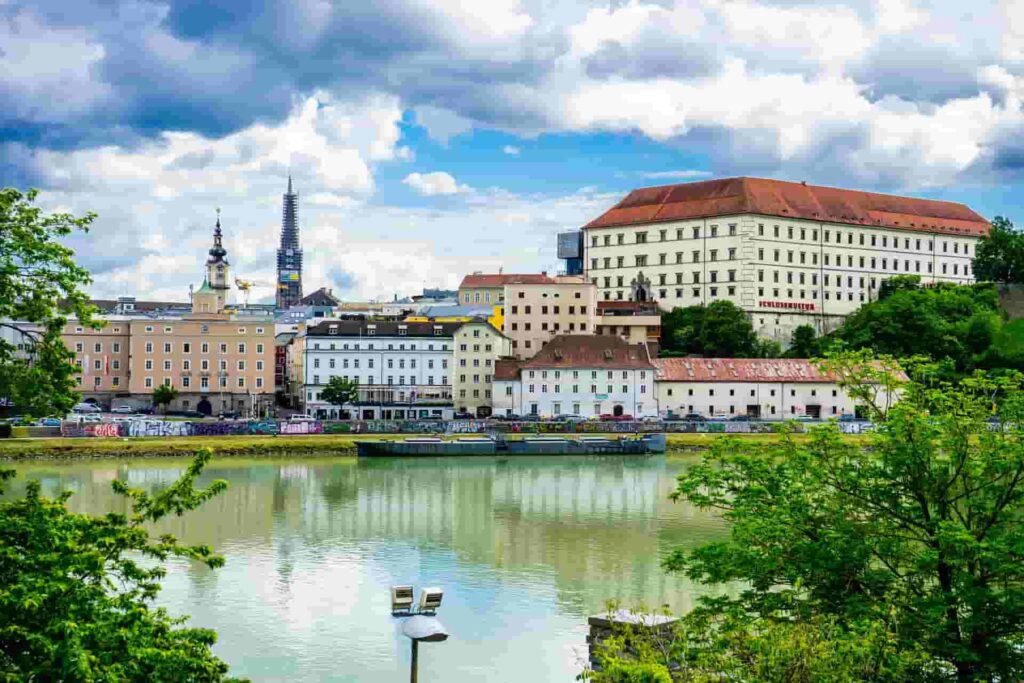
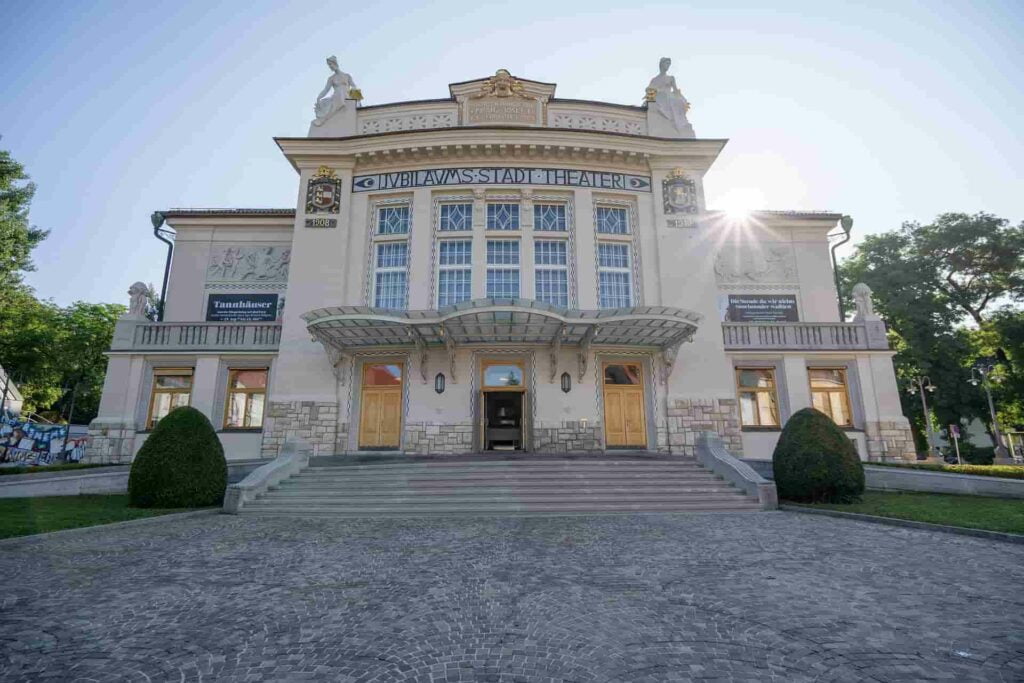
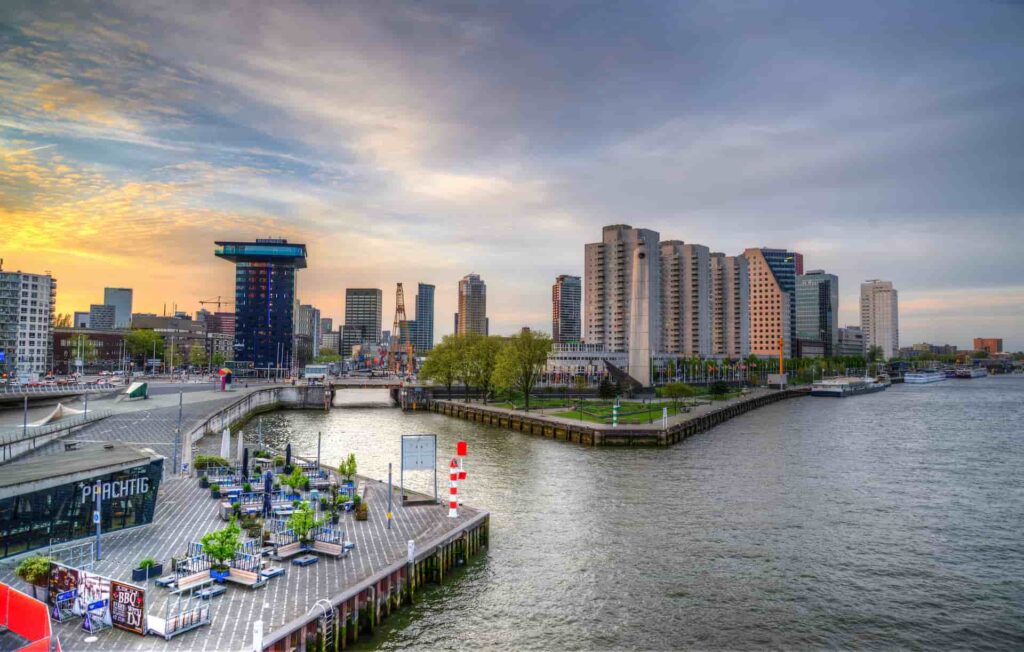
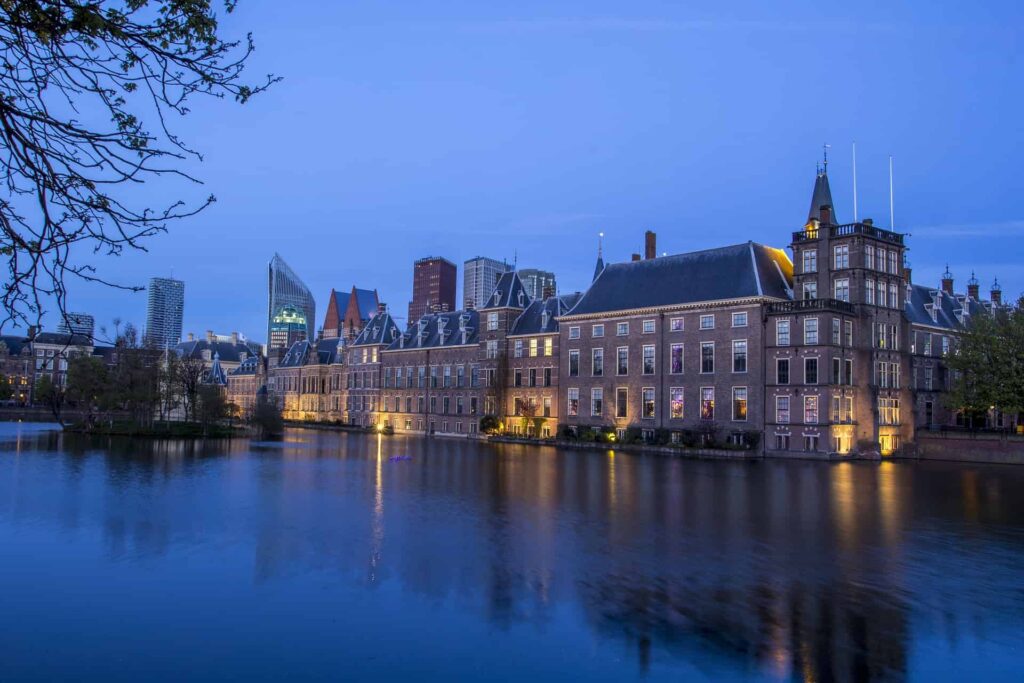
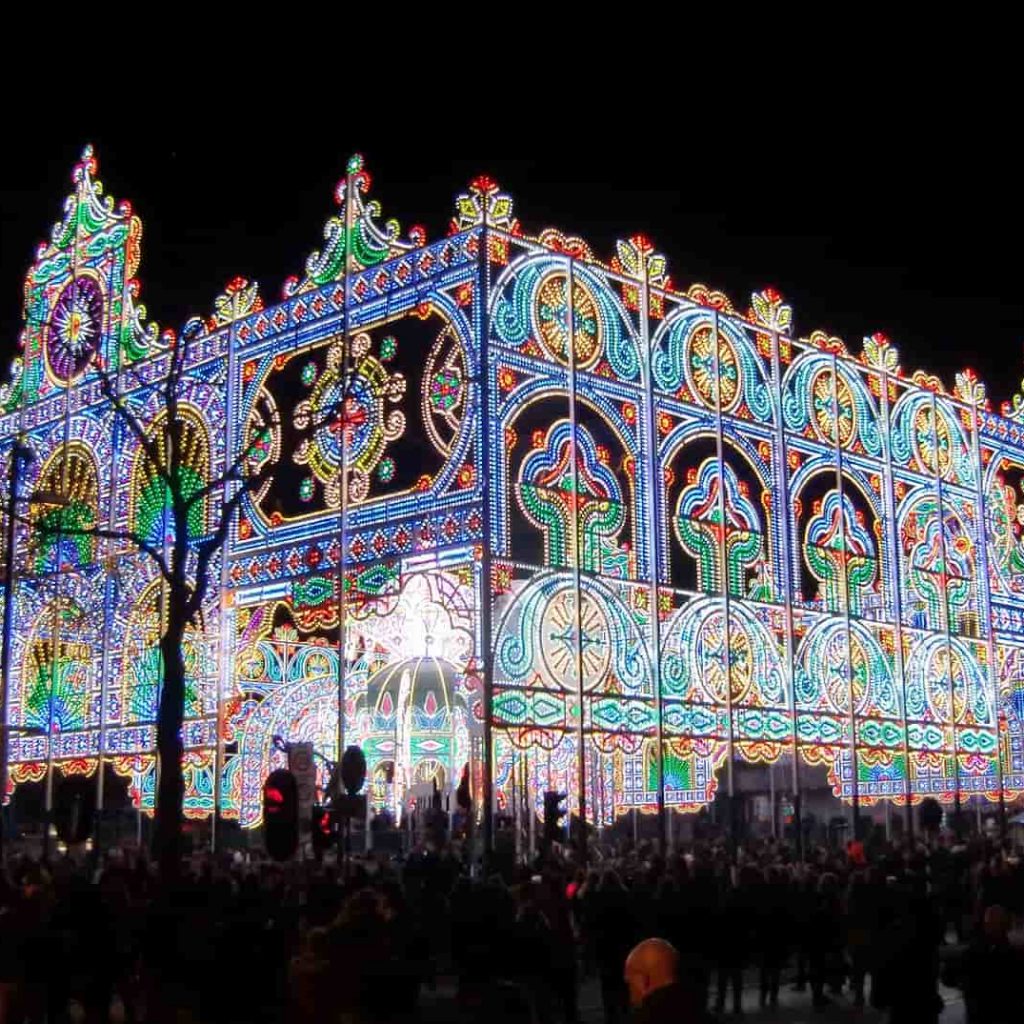
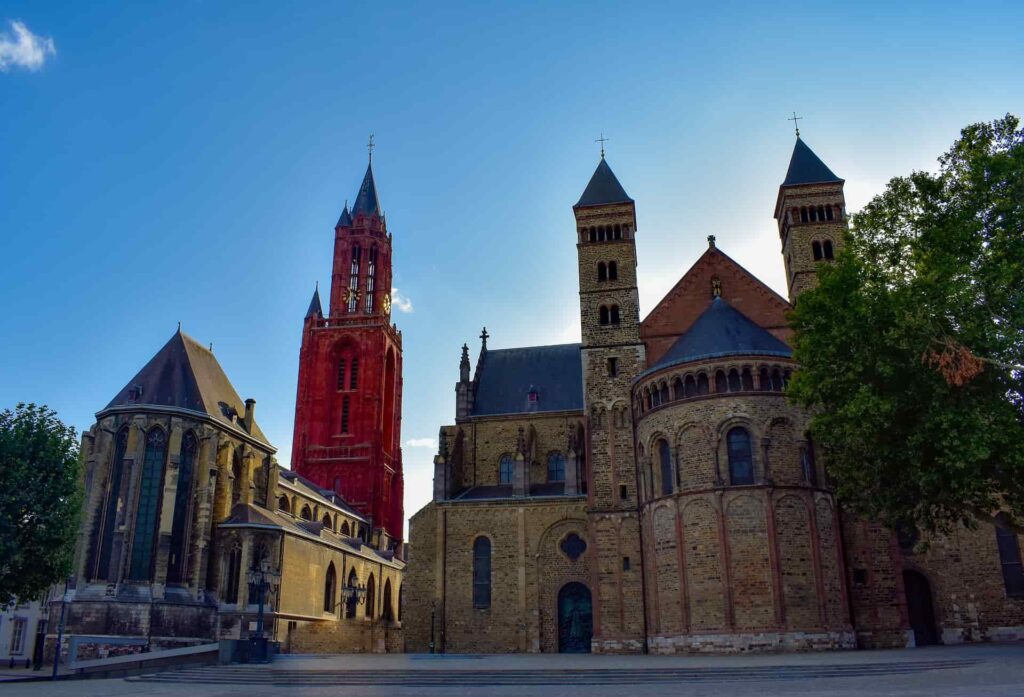

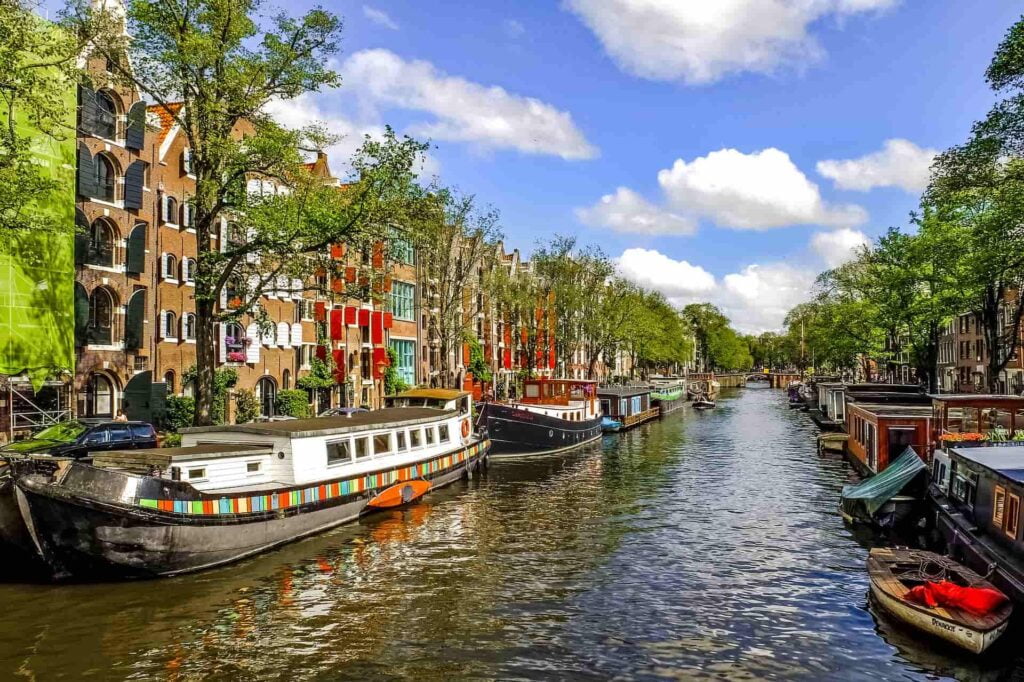
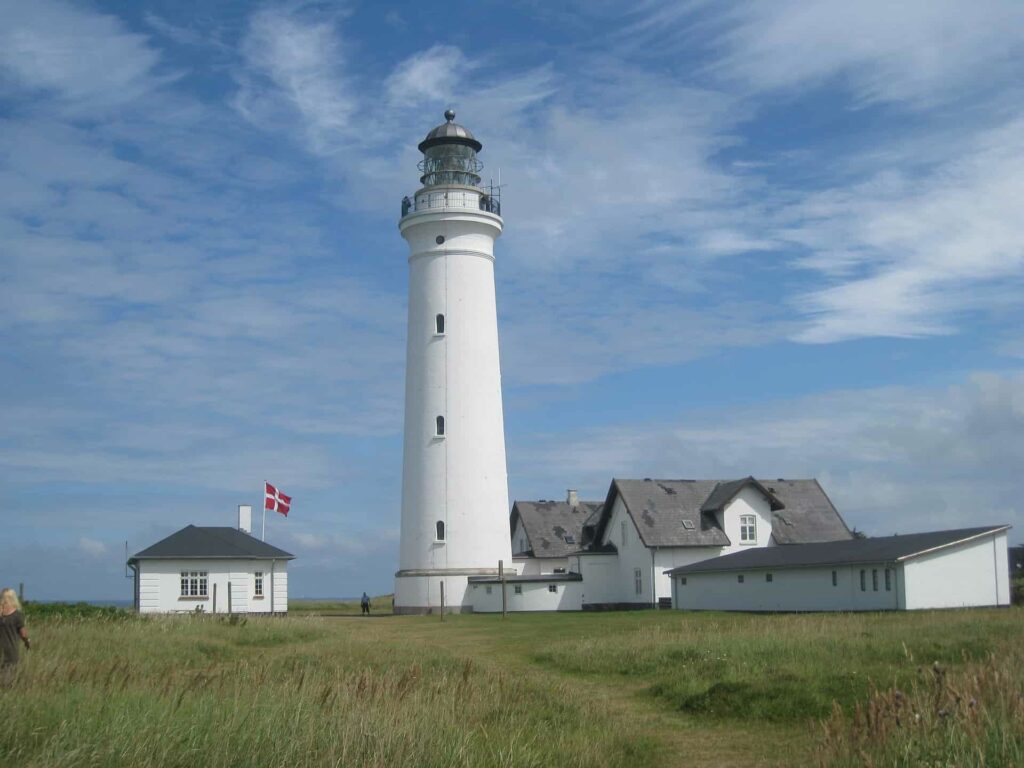
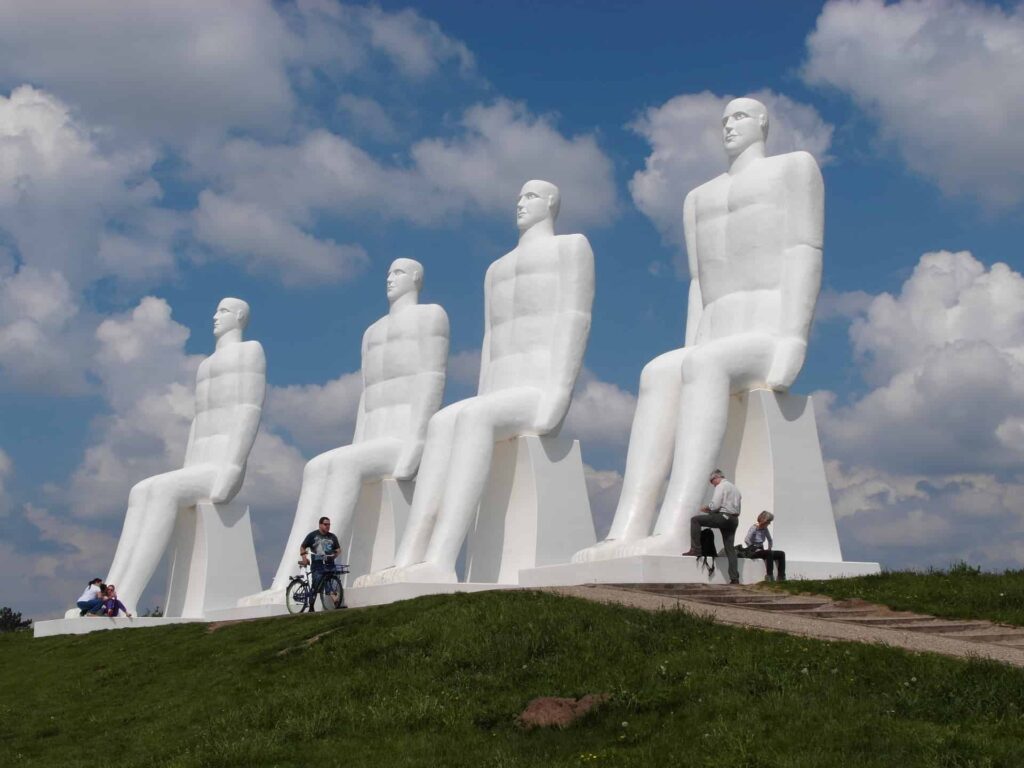
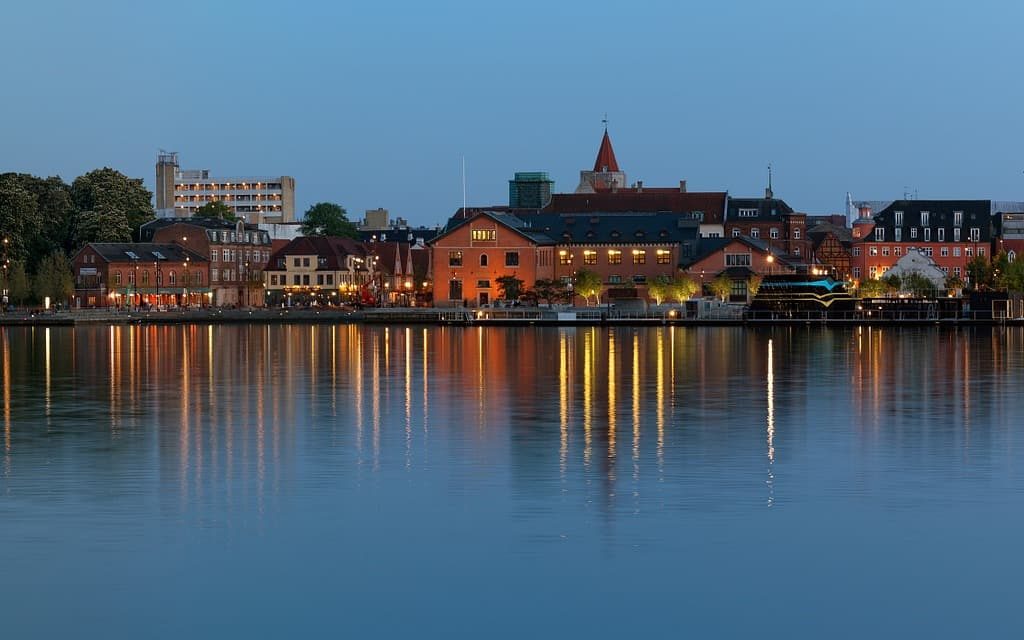
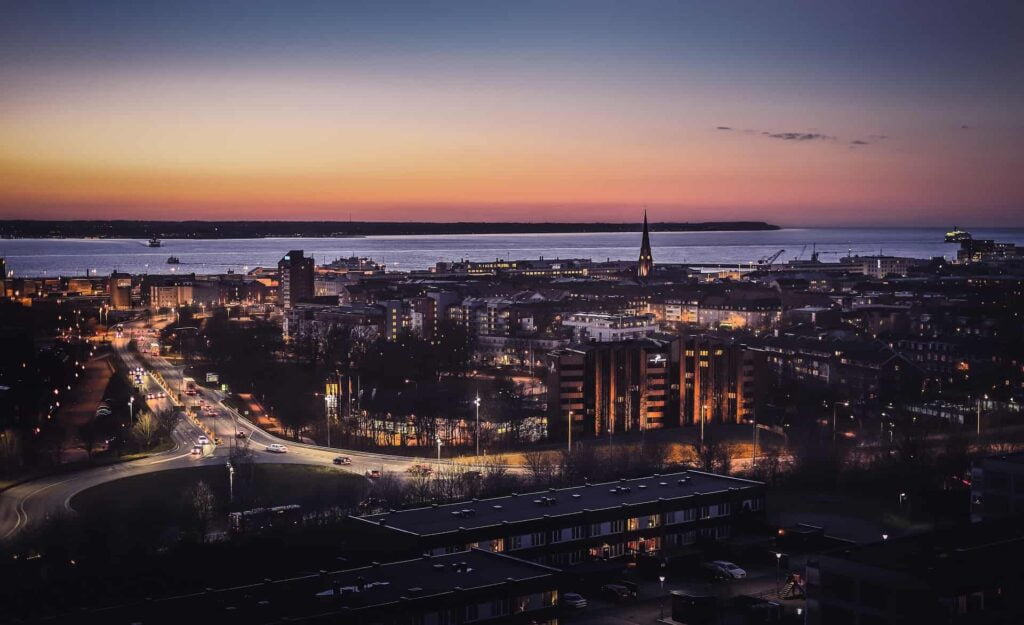
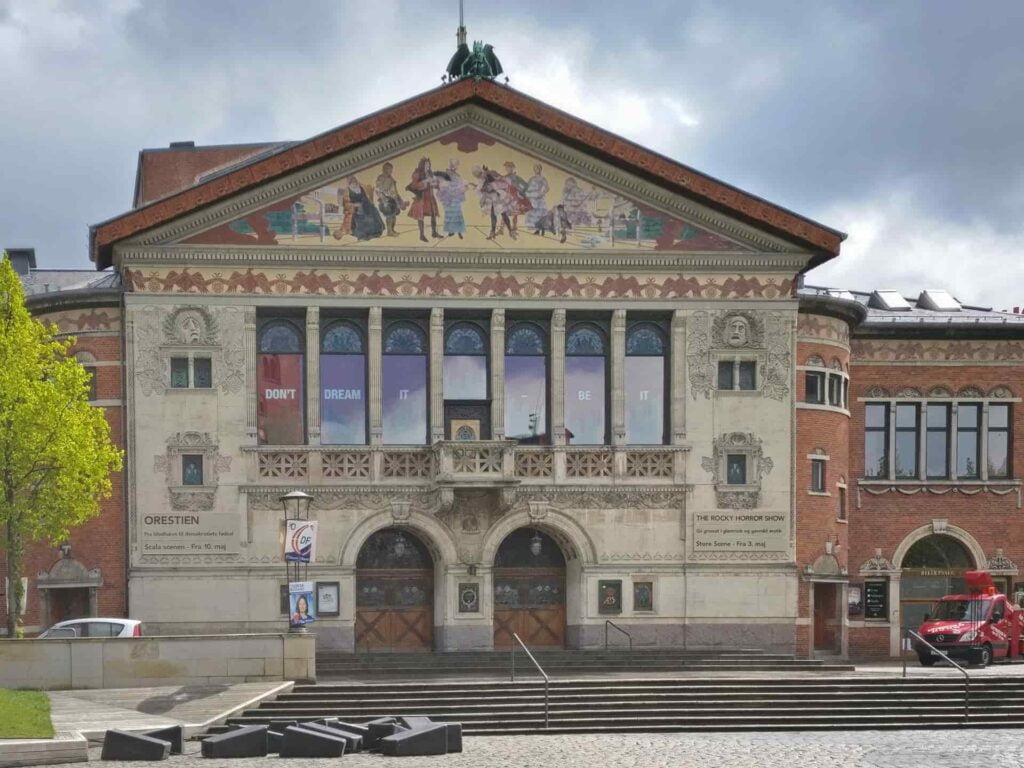
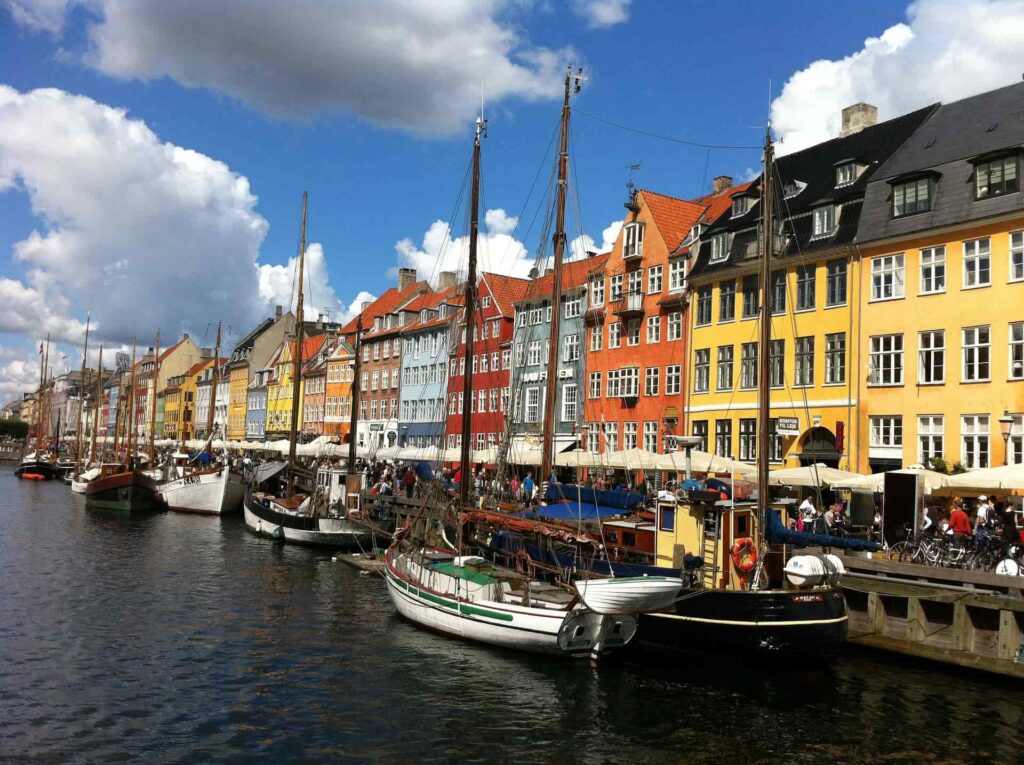
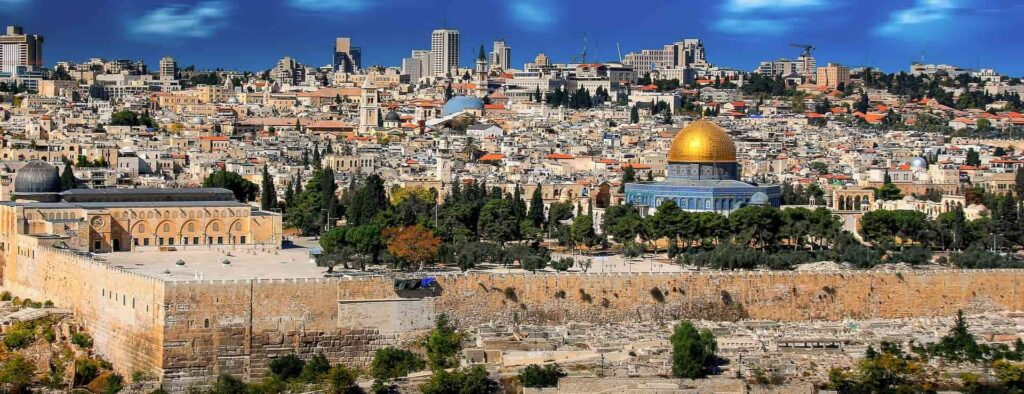
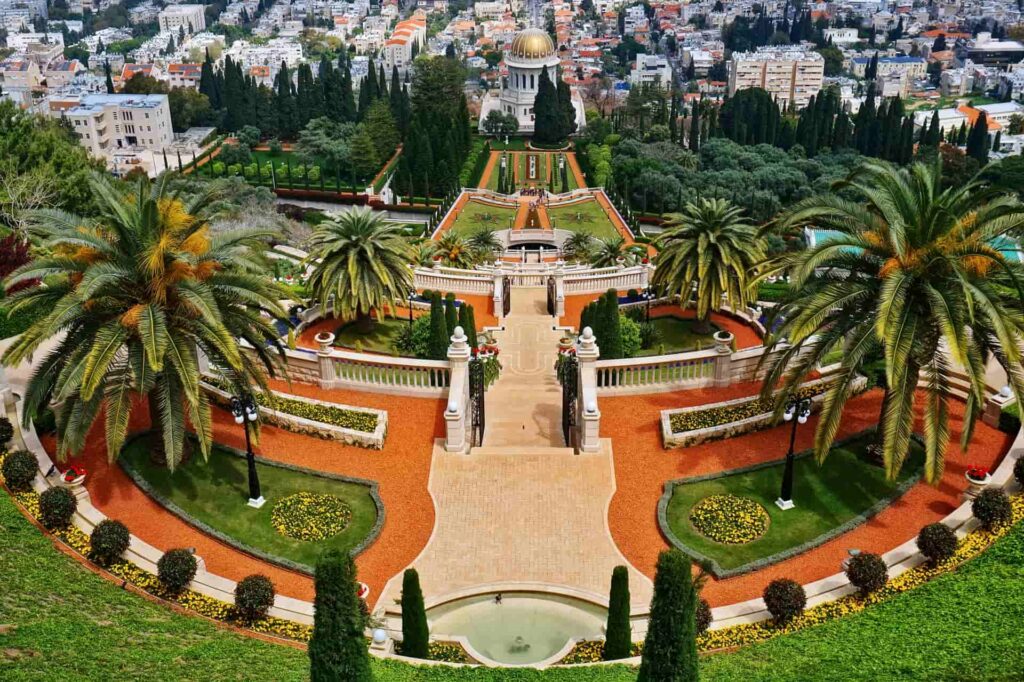
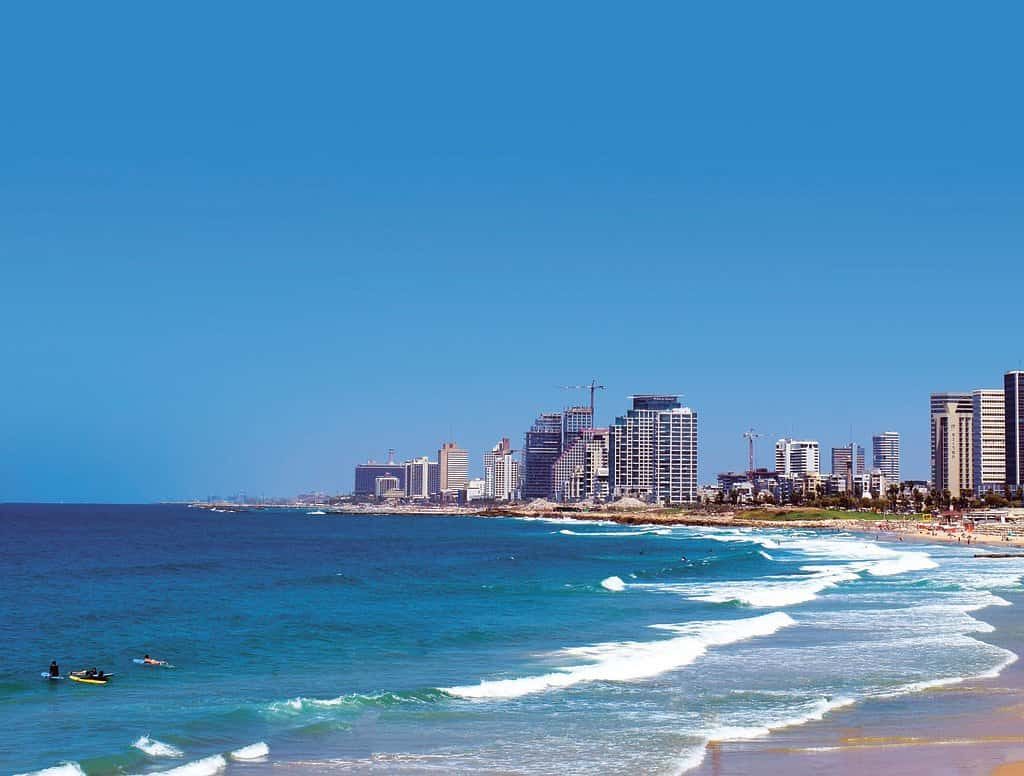
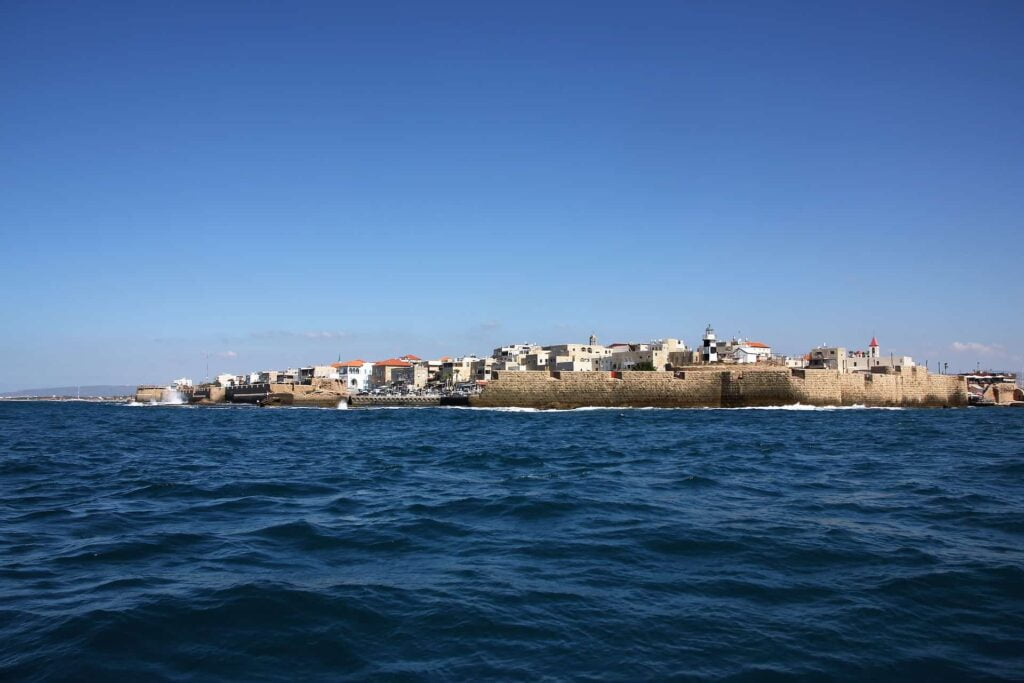
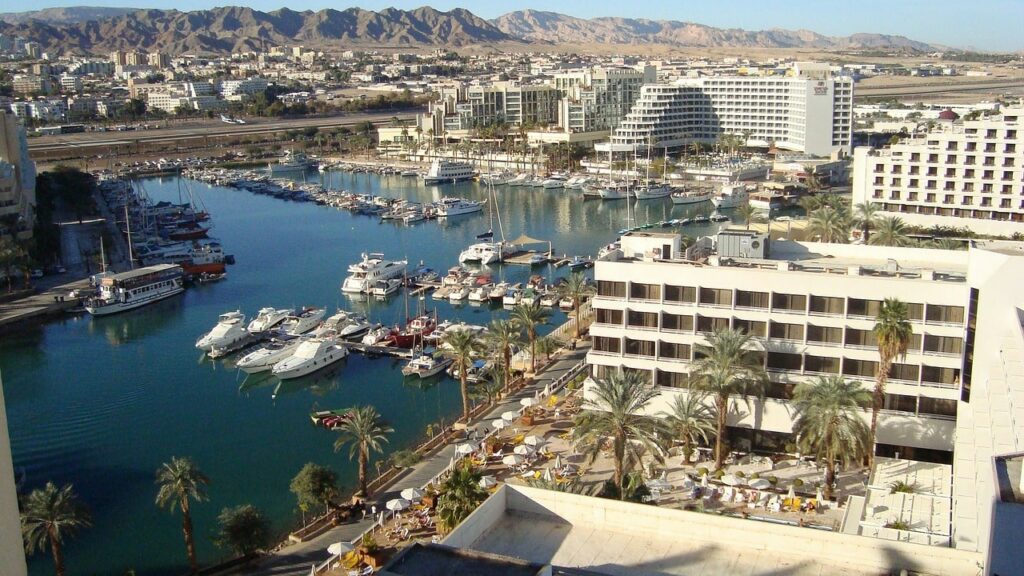

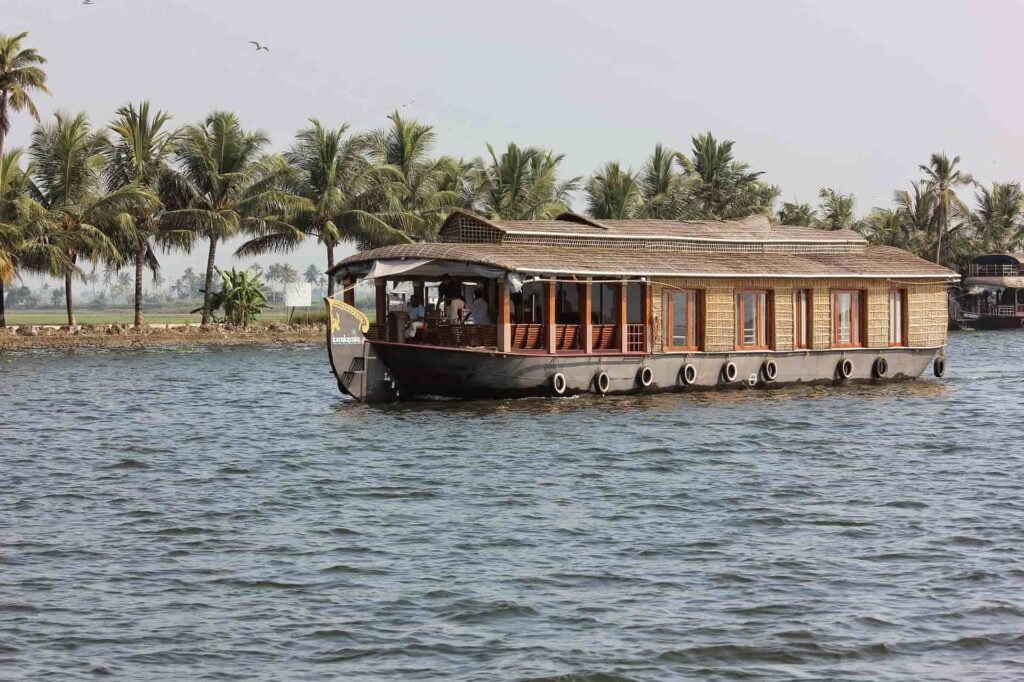
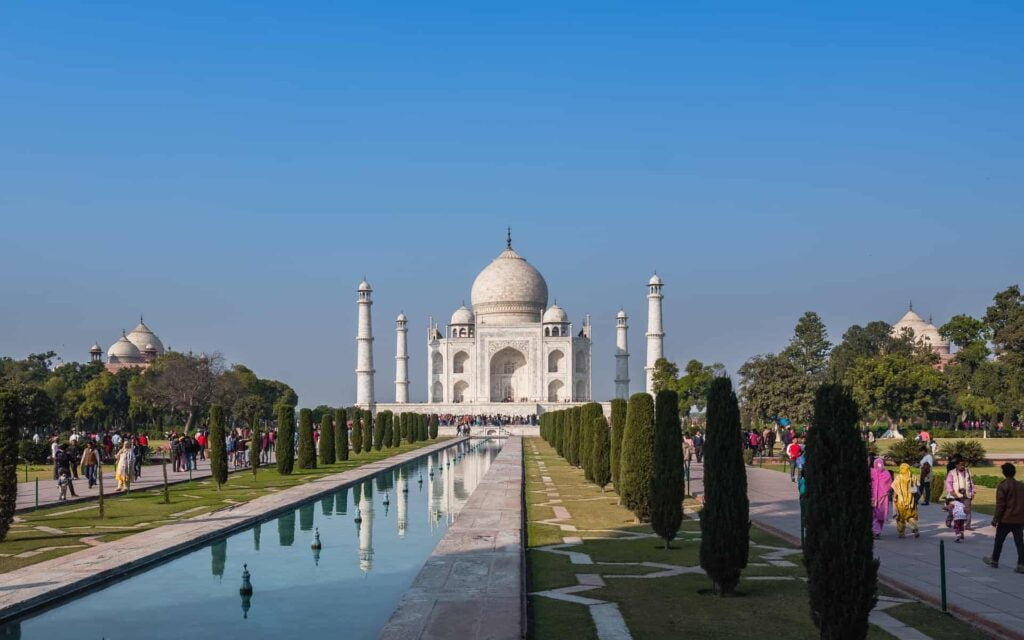

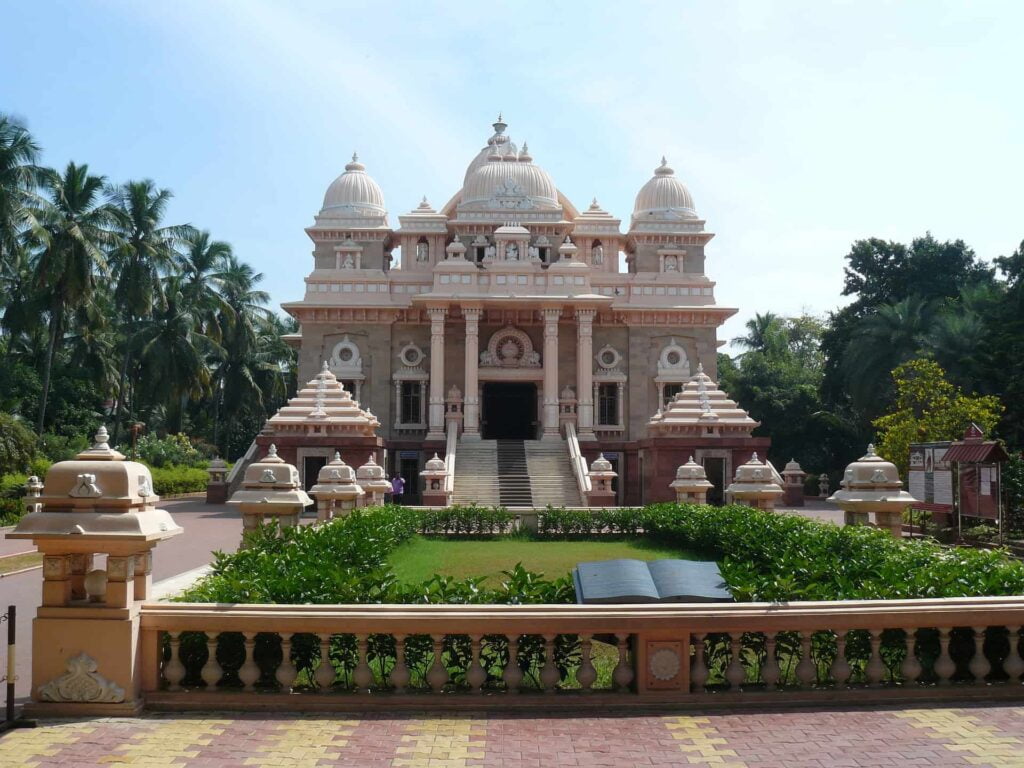
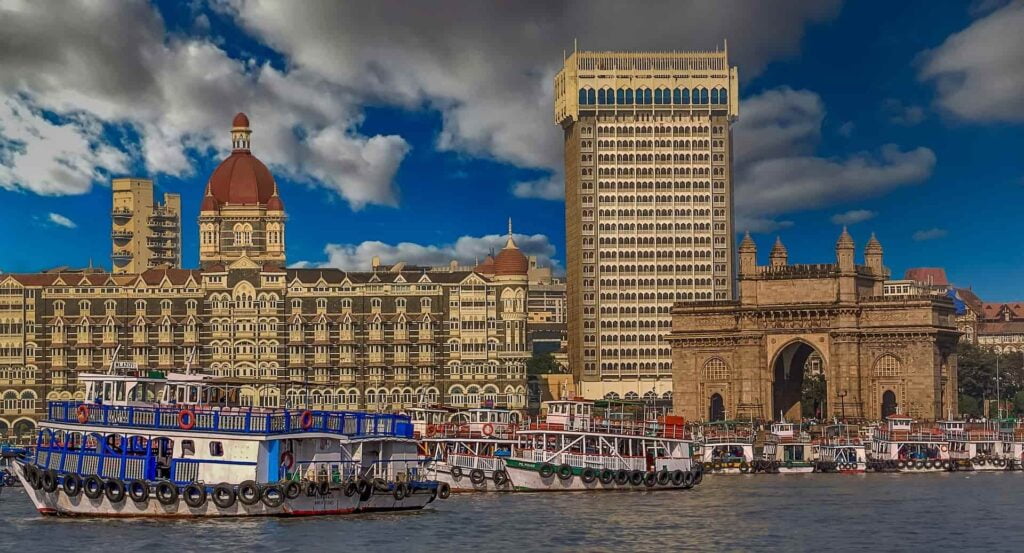
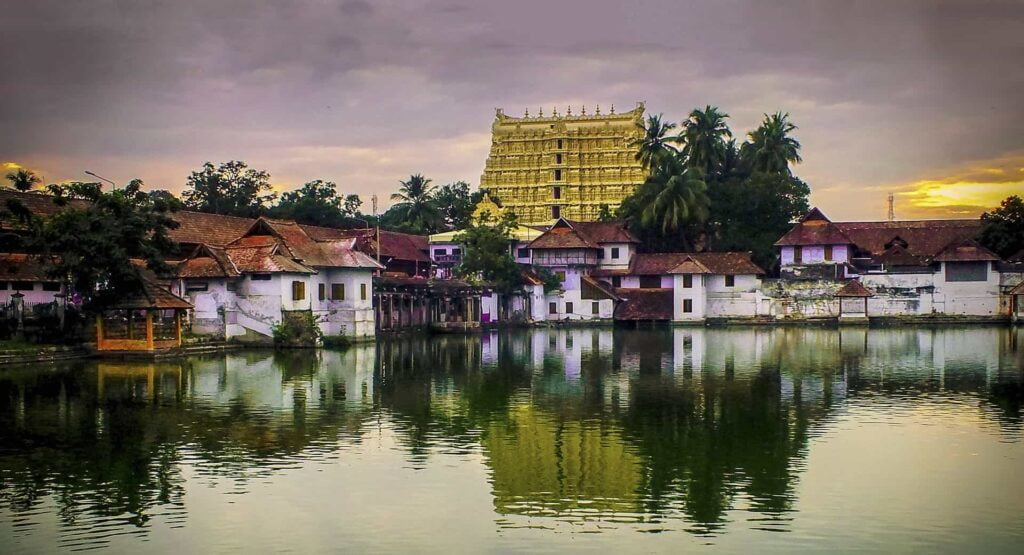
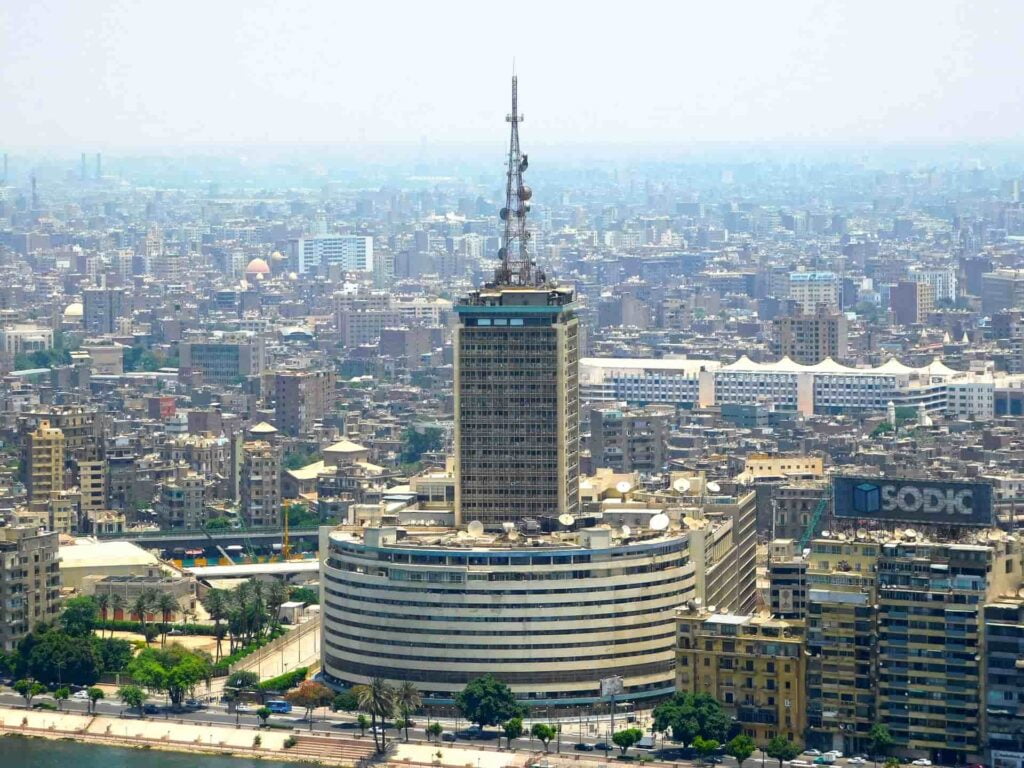
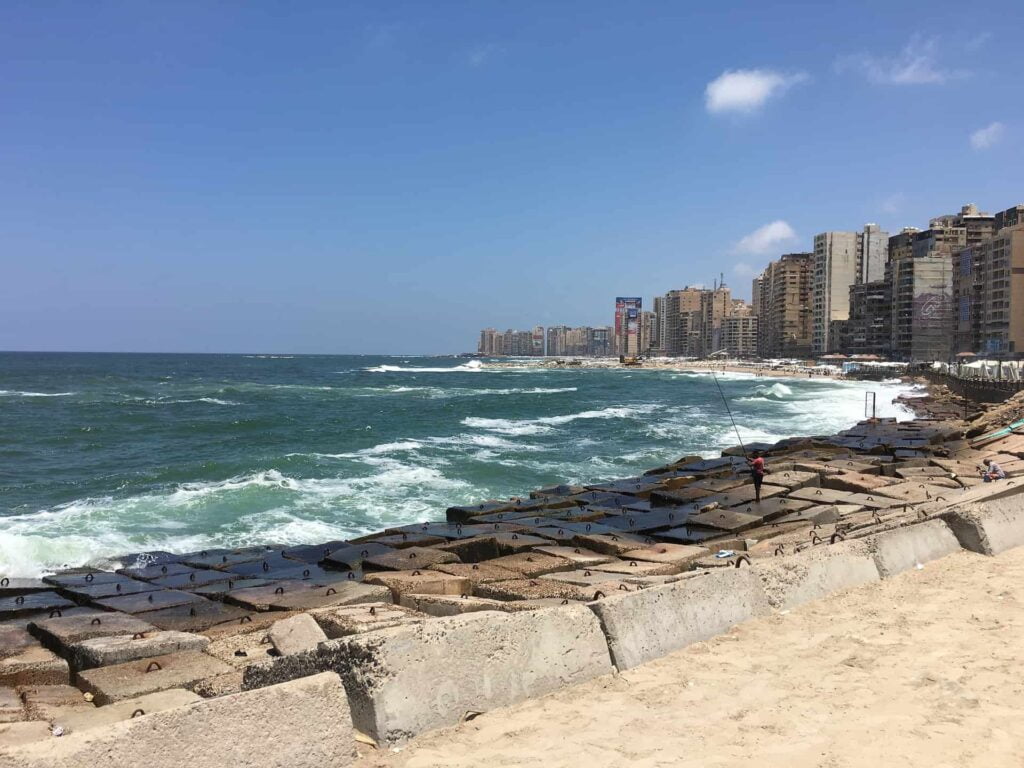
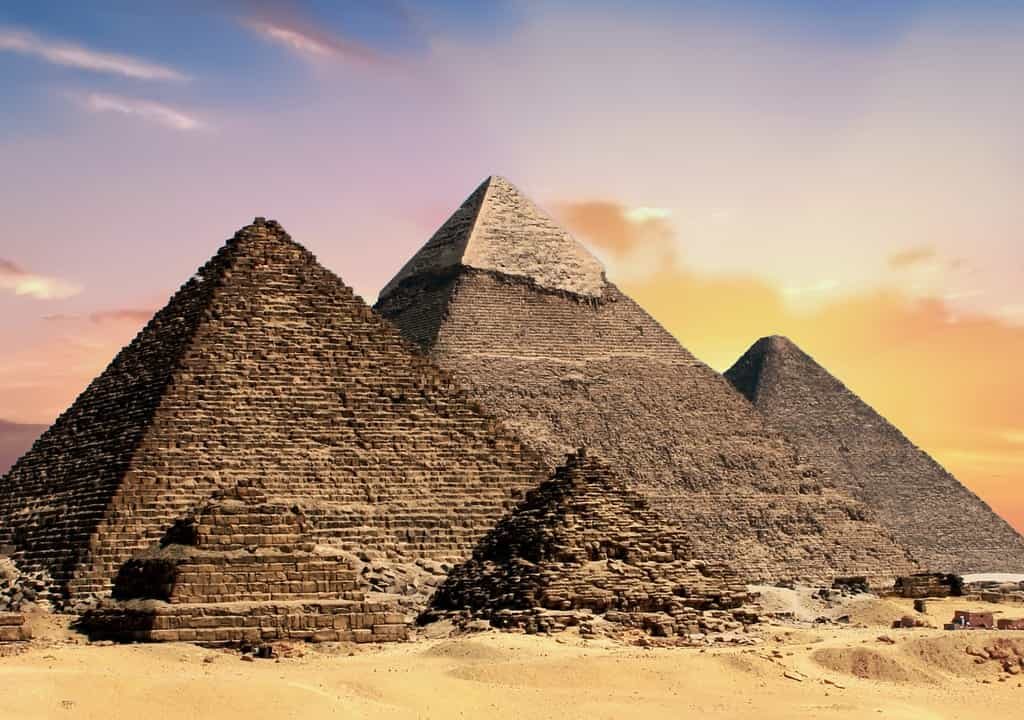
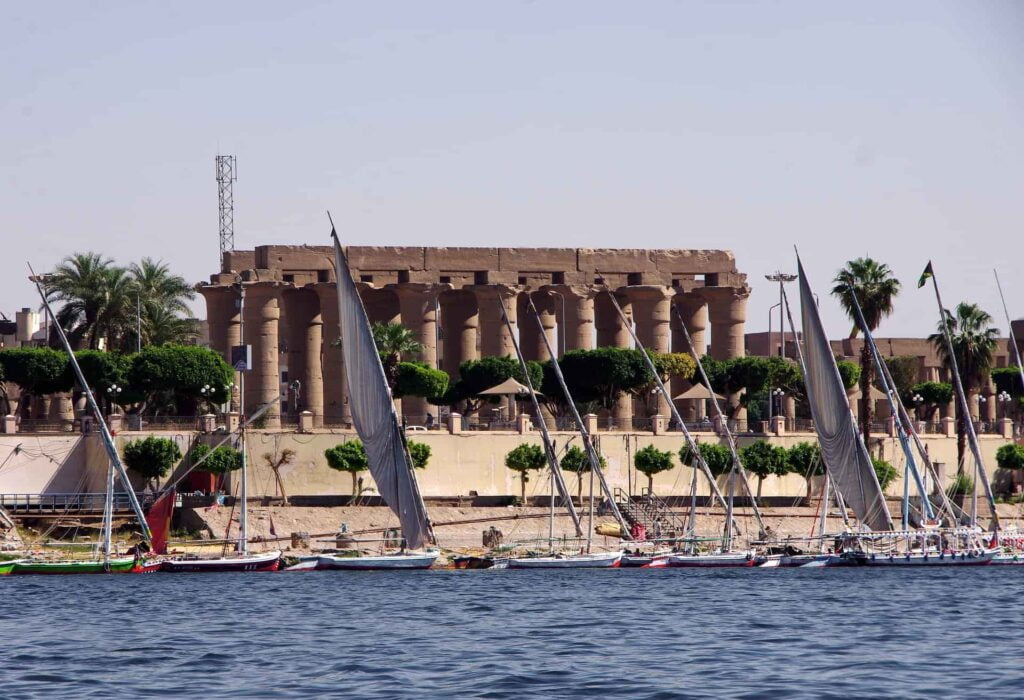
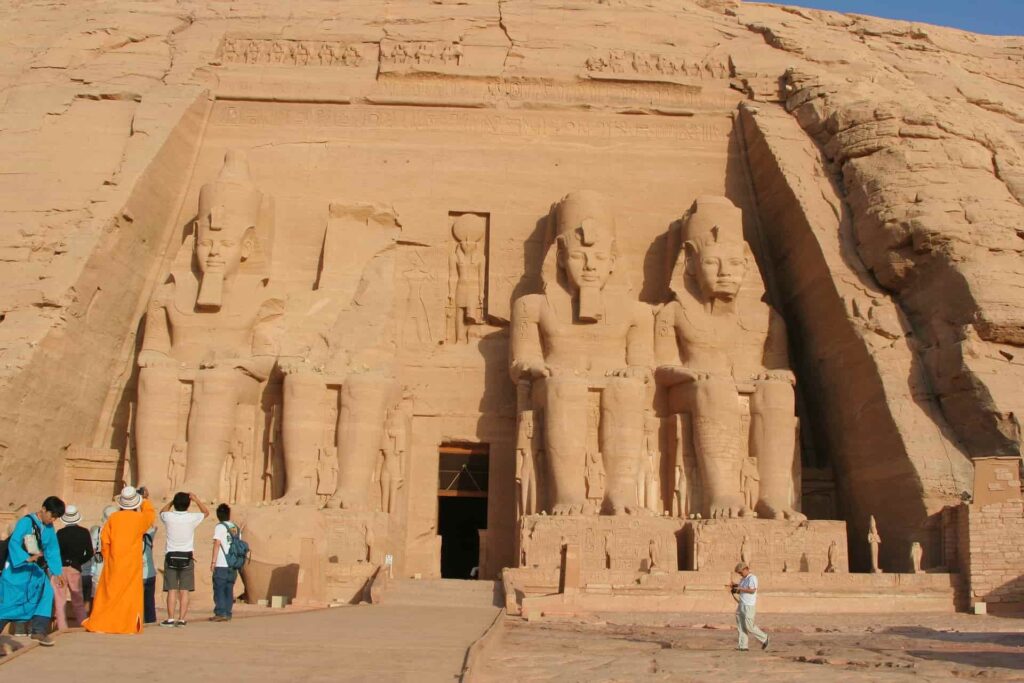
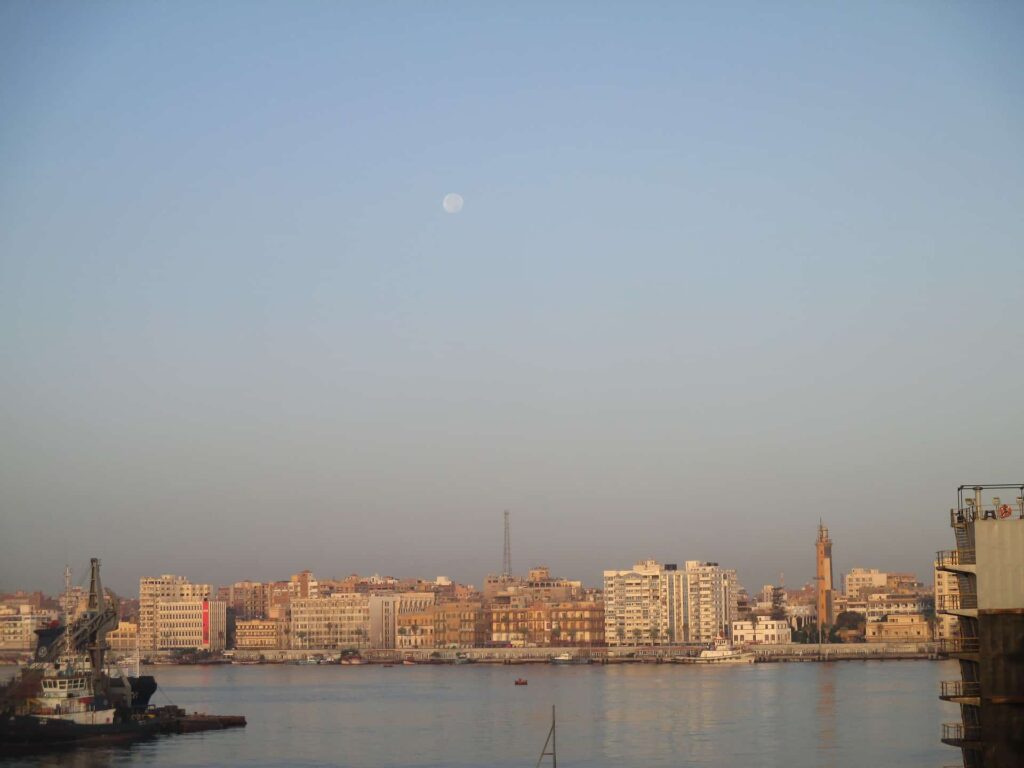
Prices for flights in the current month
Lowest Price offers of flights
Search Flights on map
